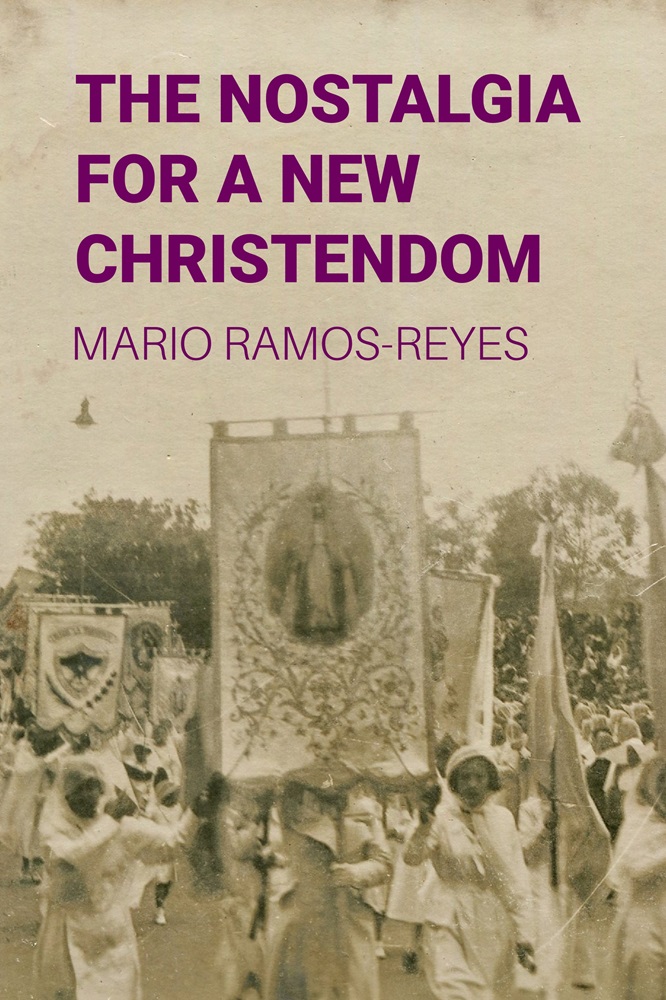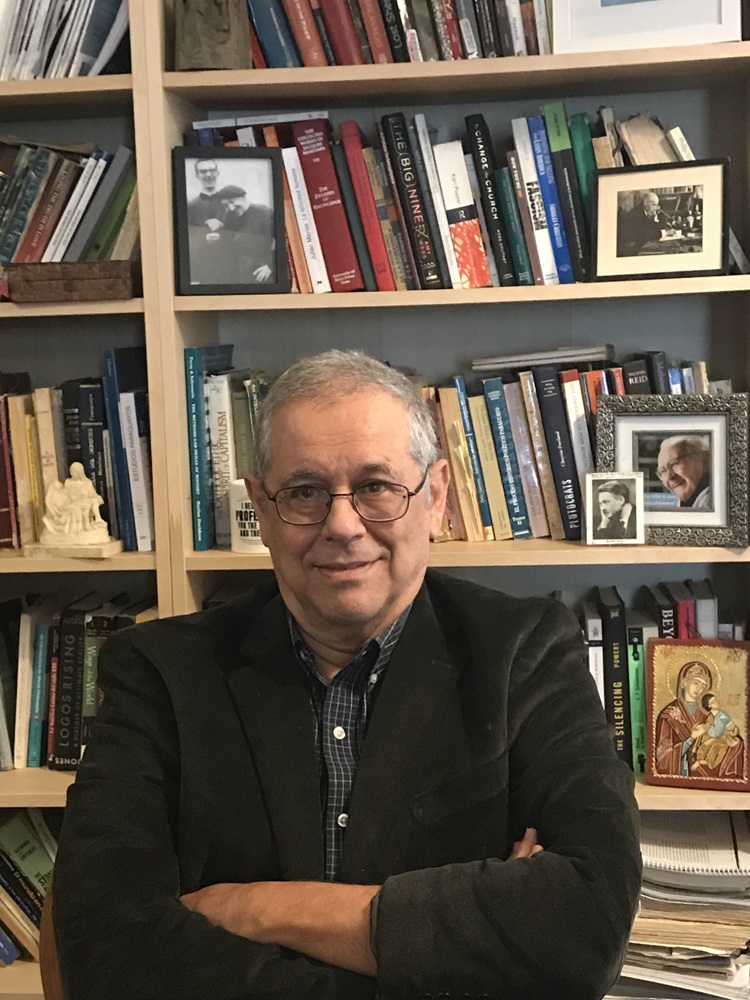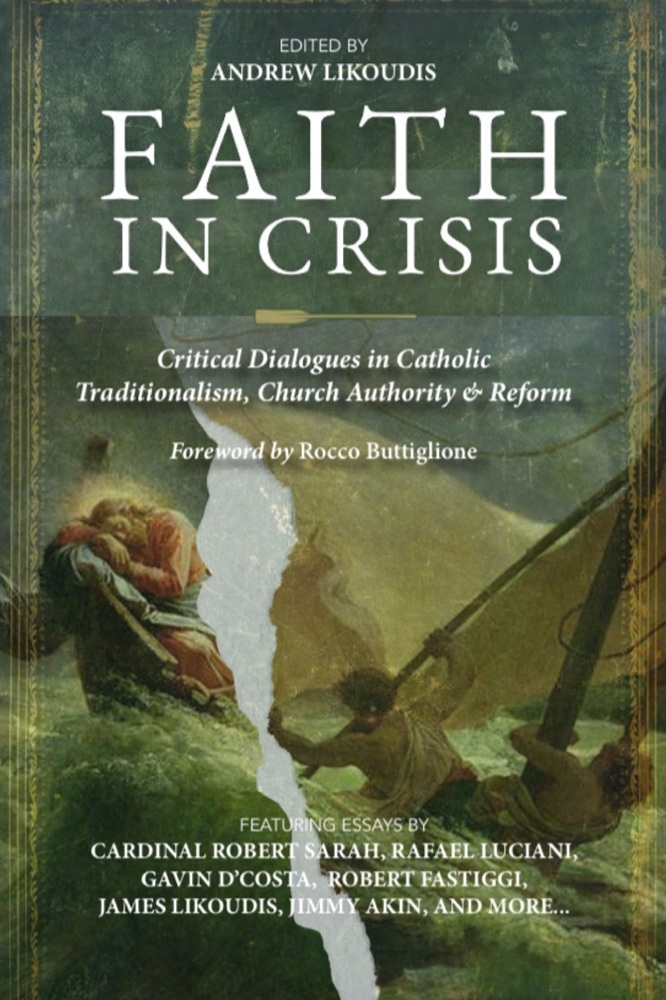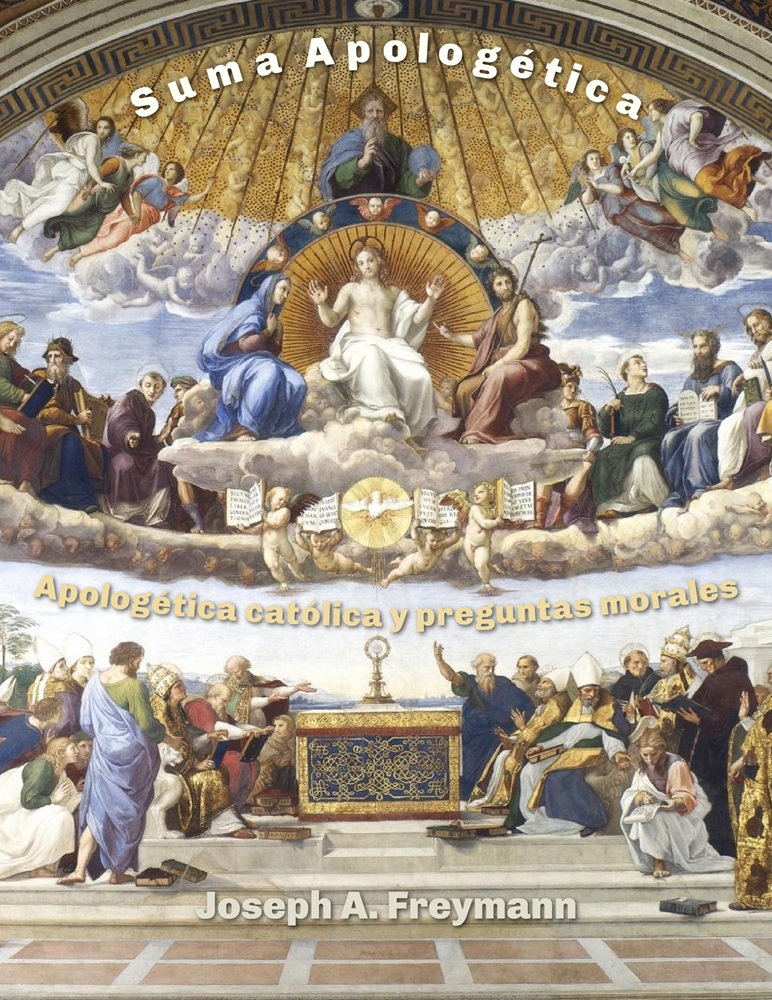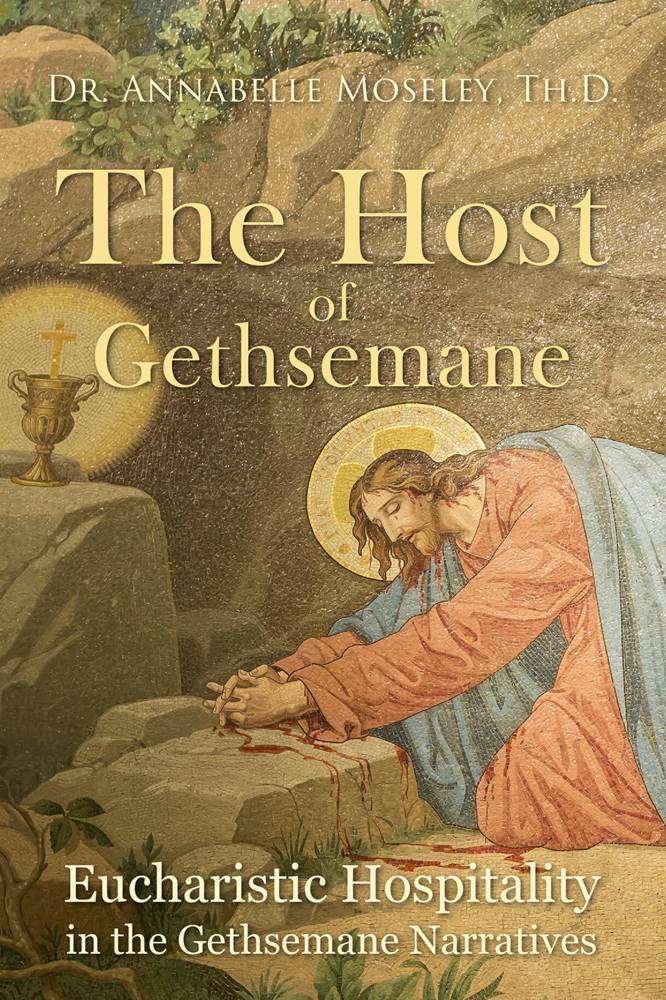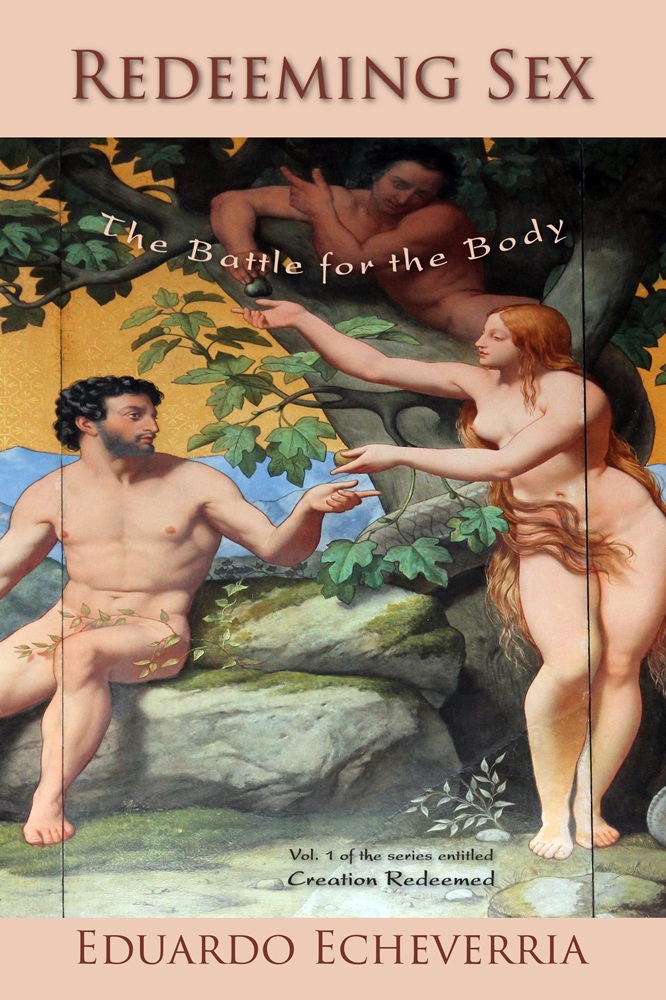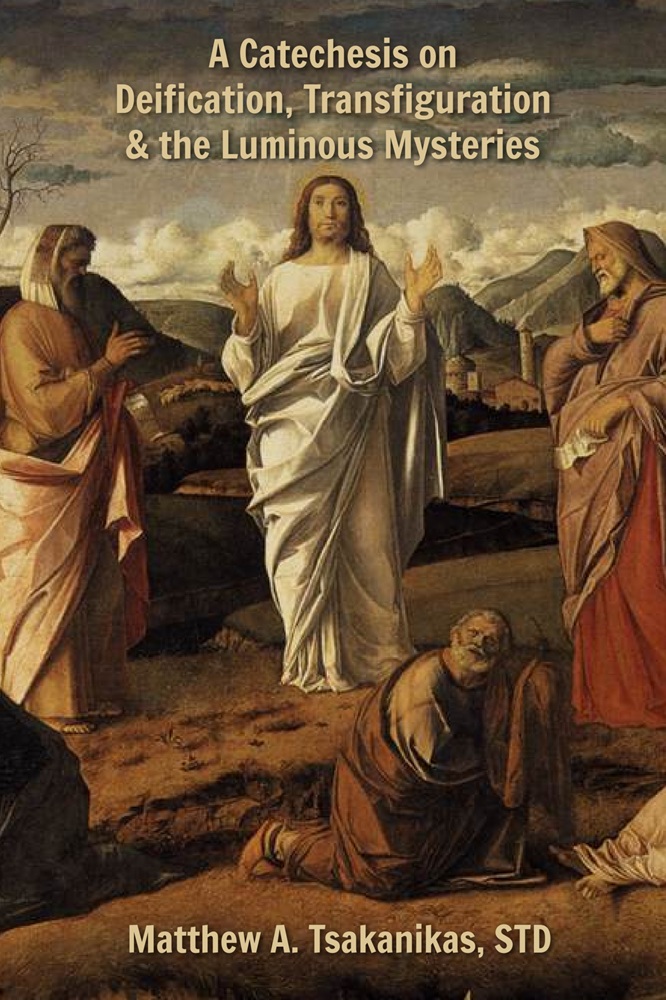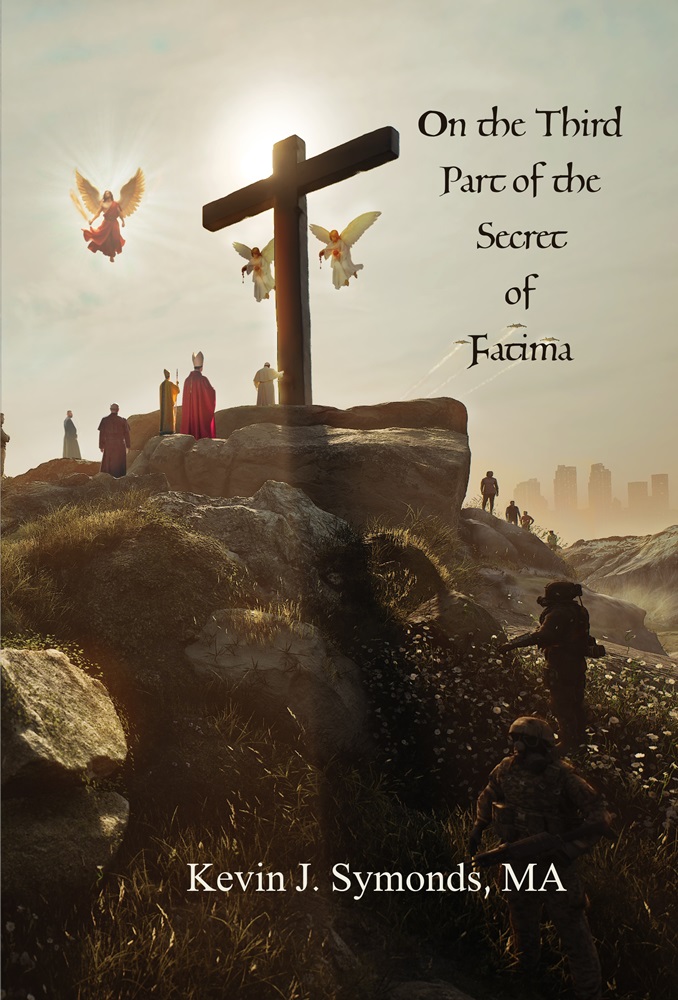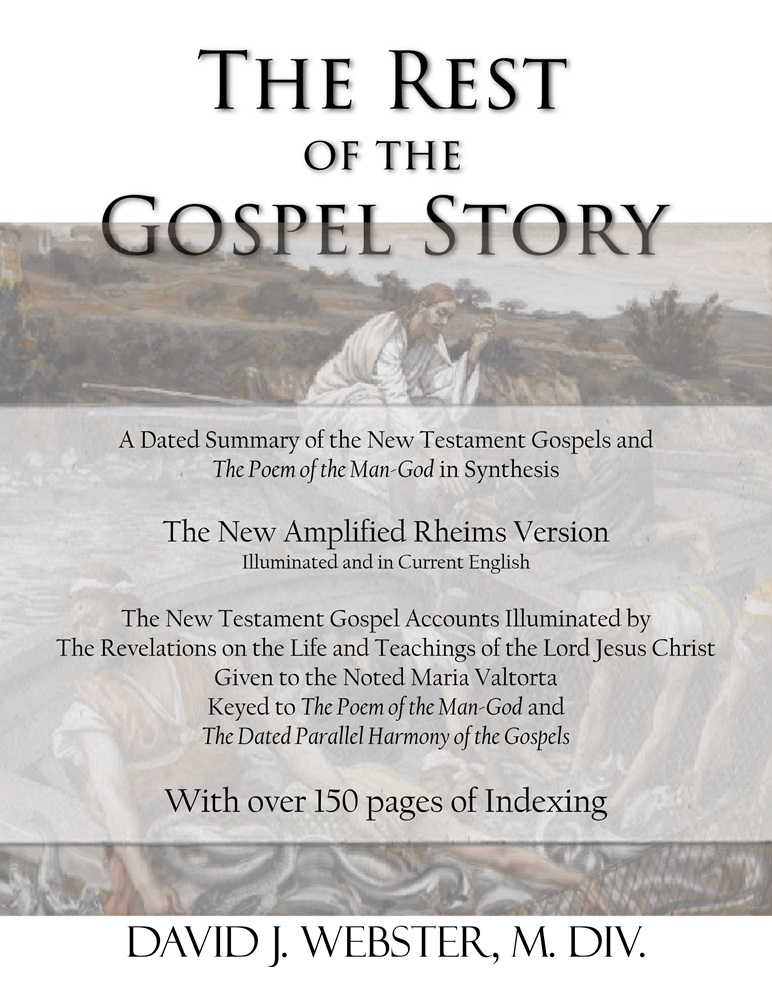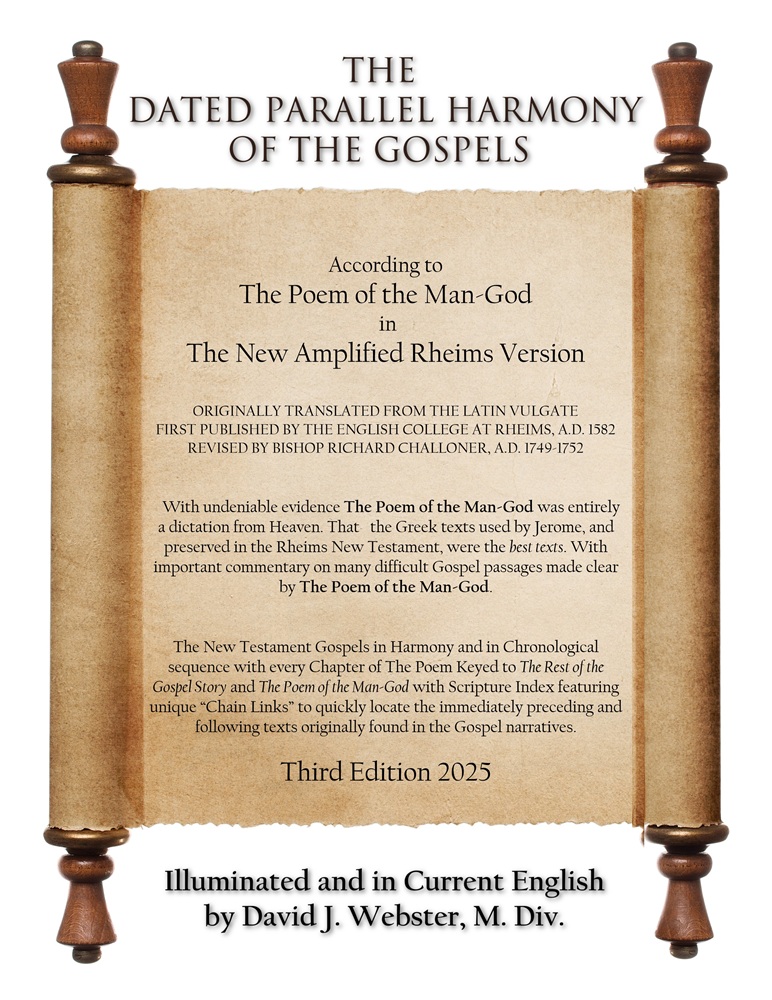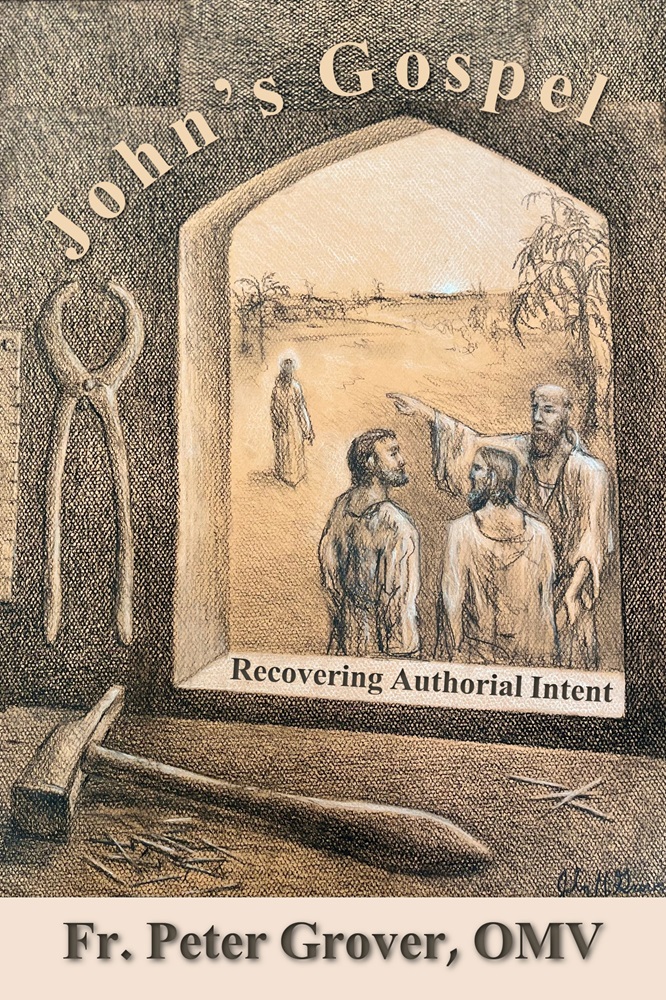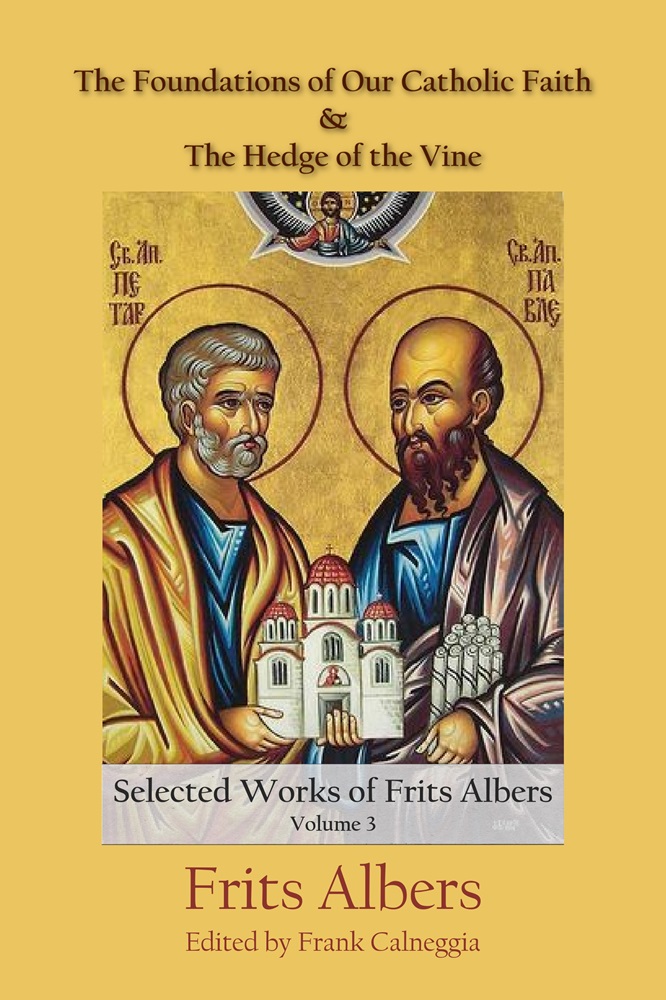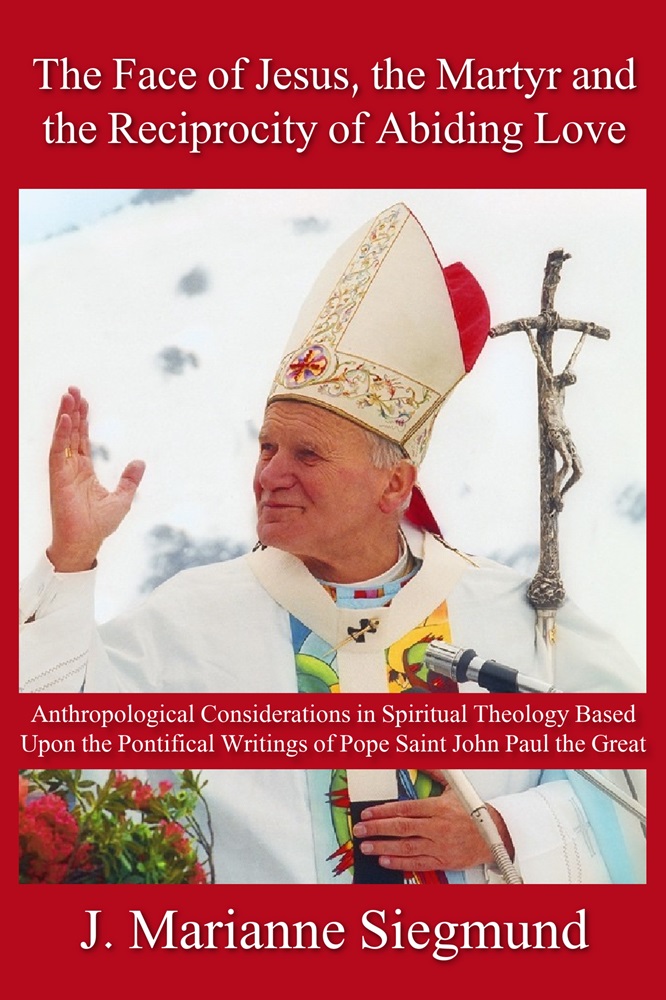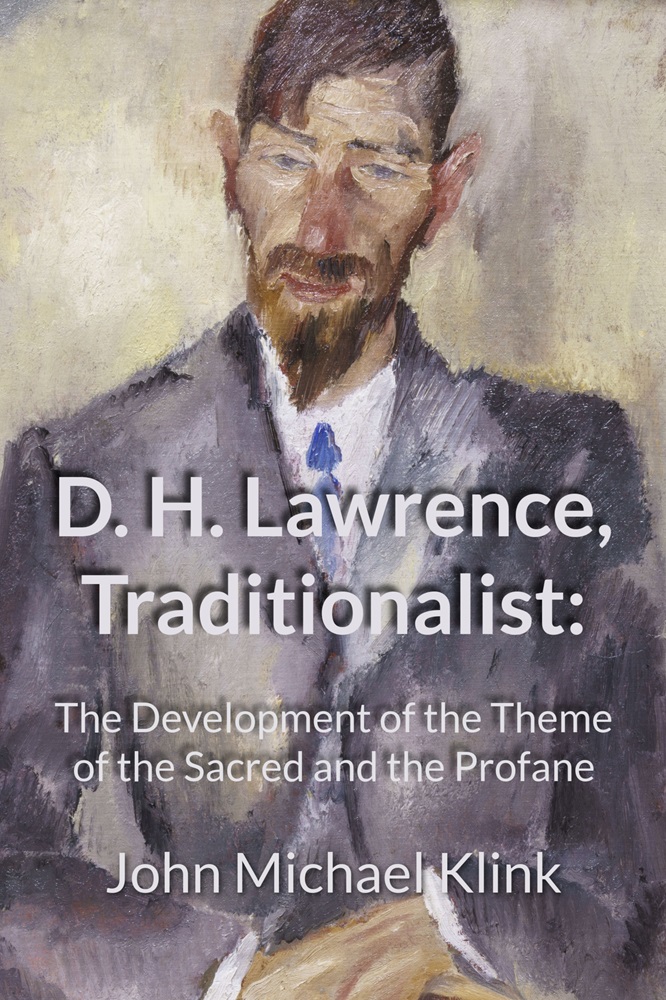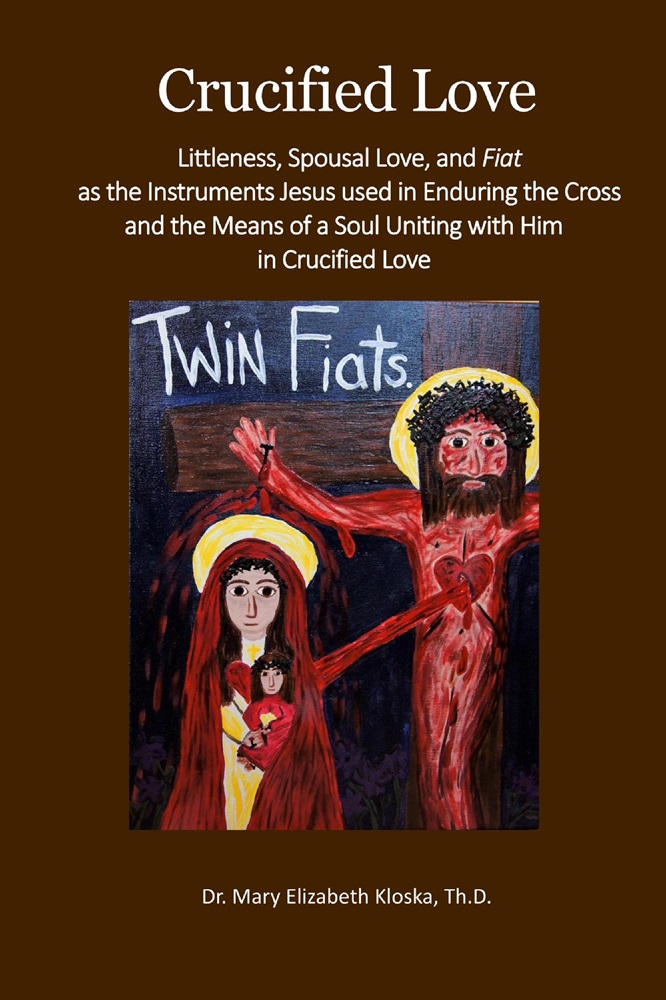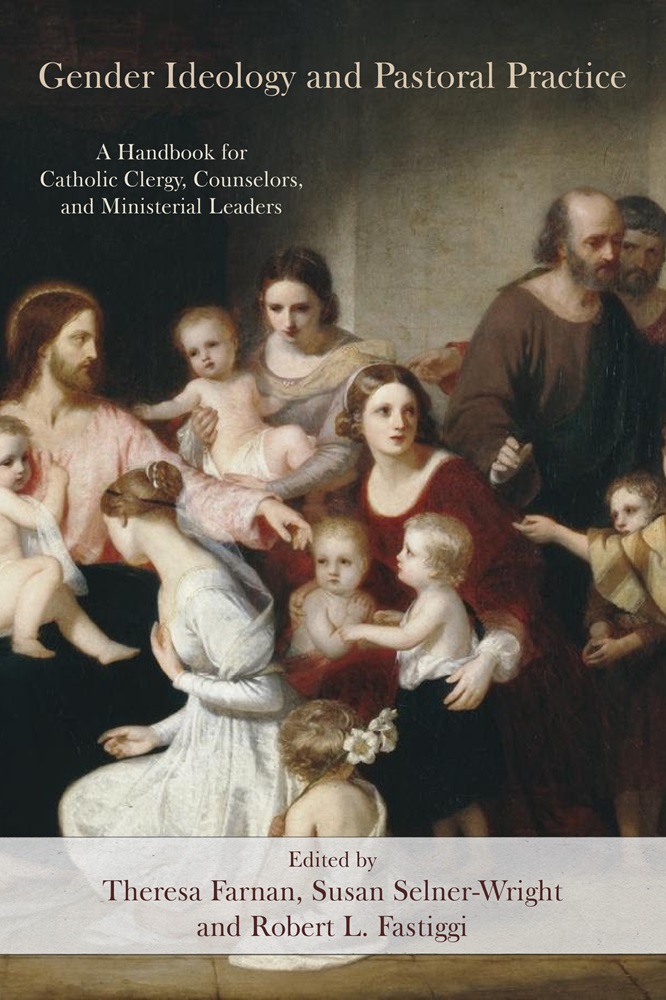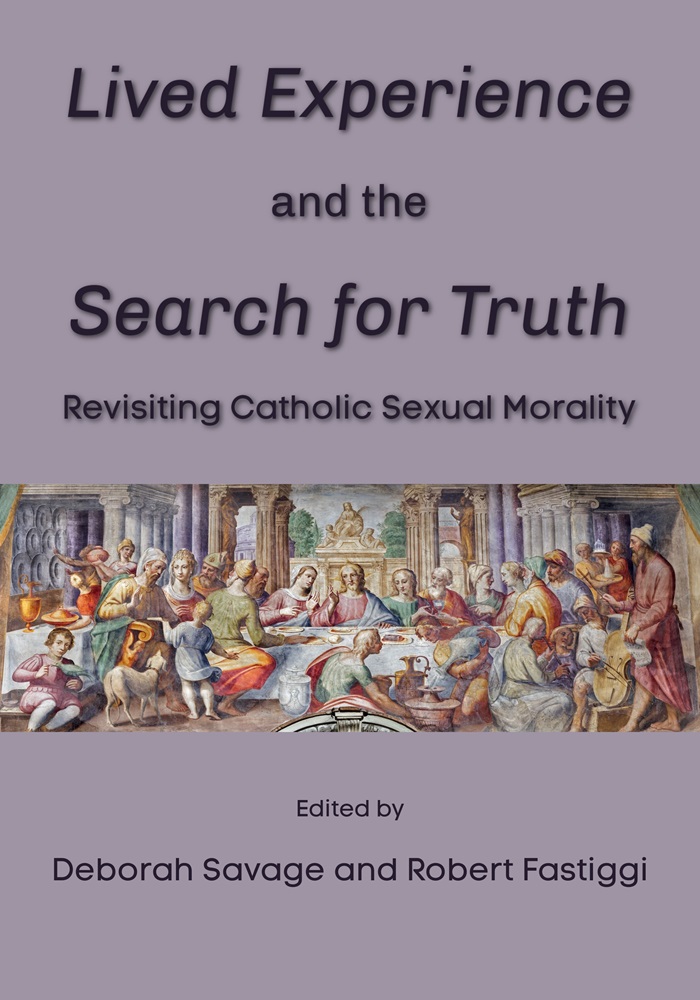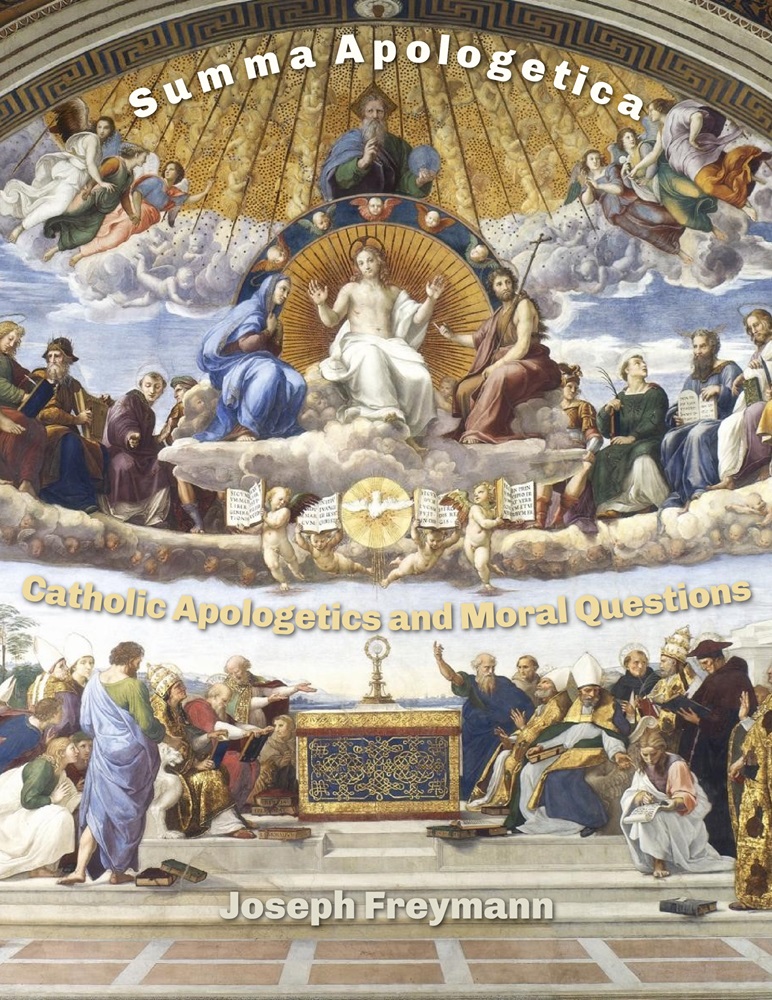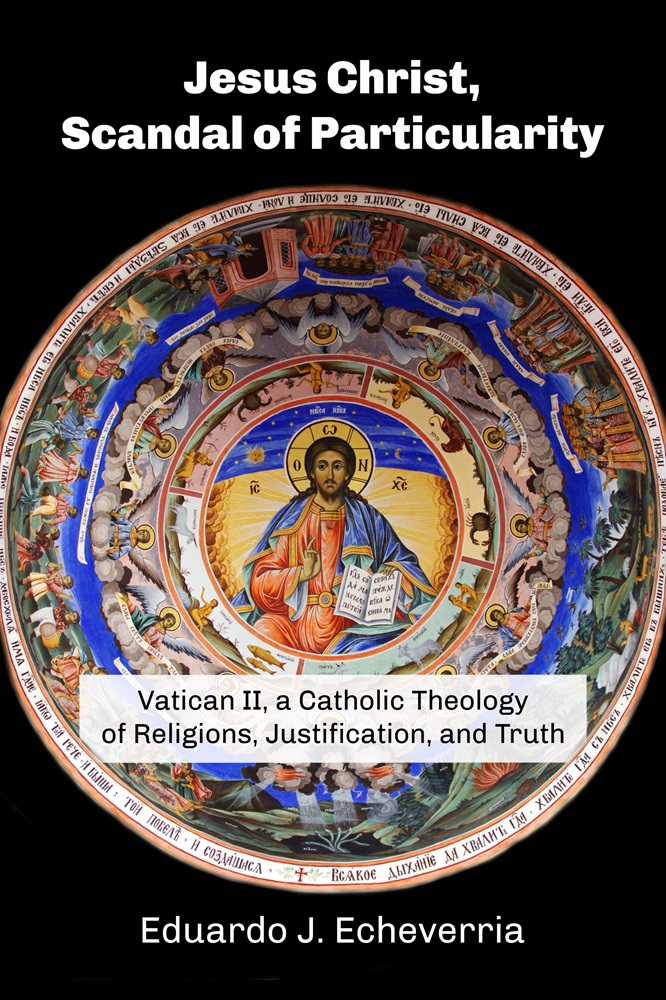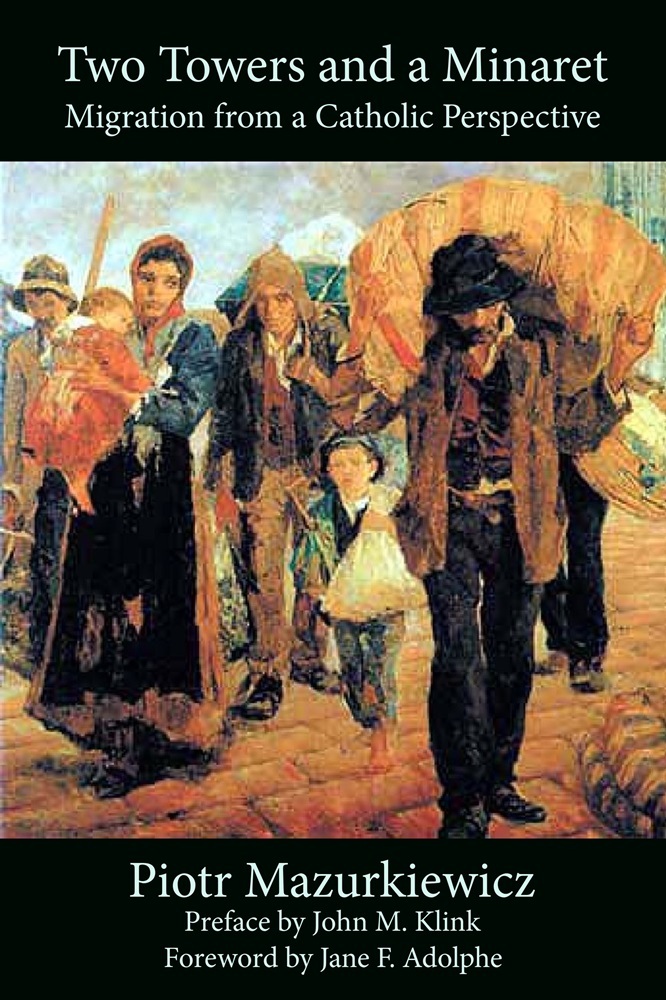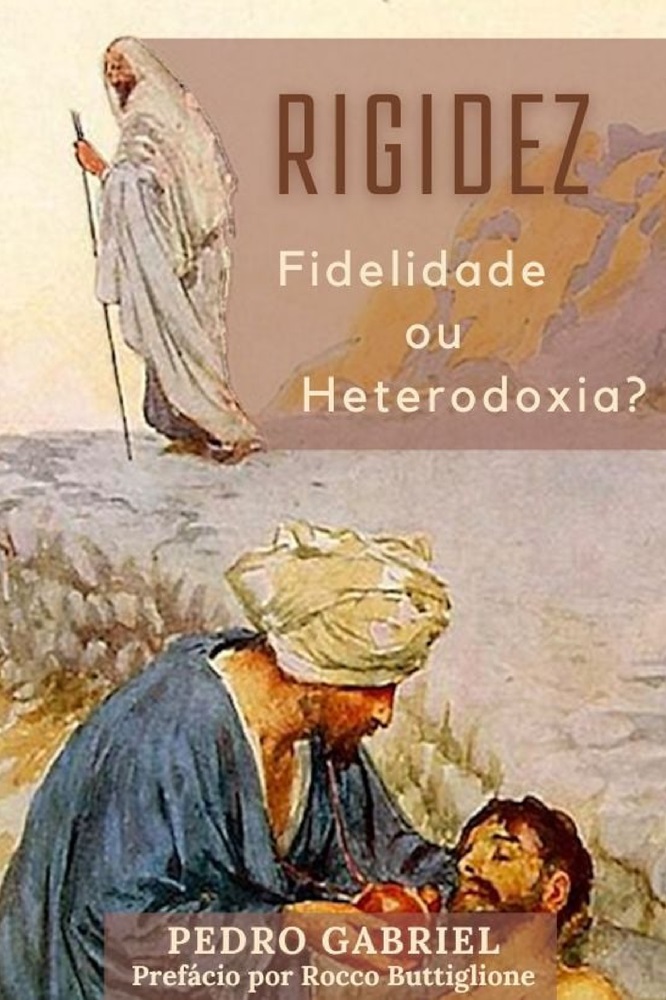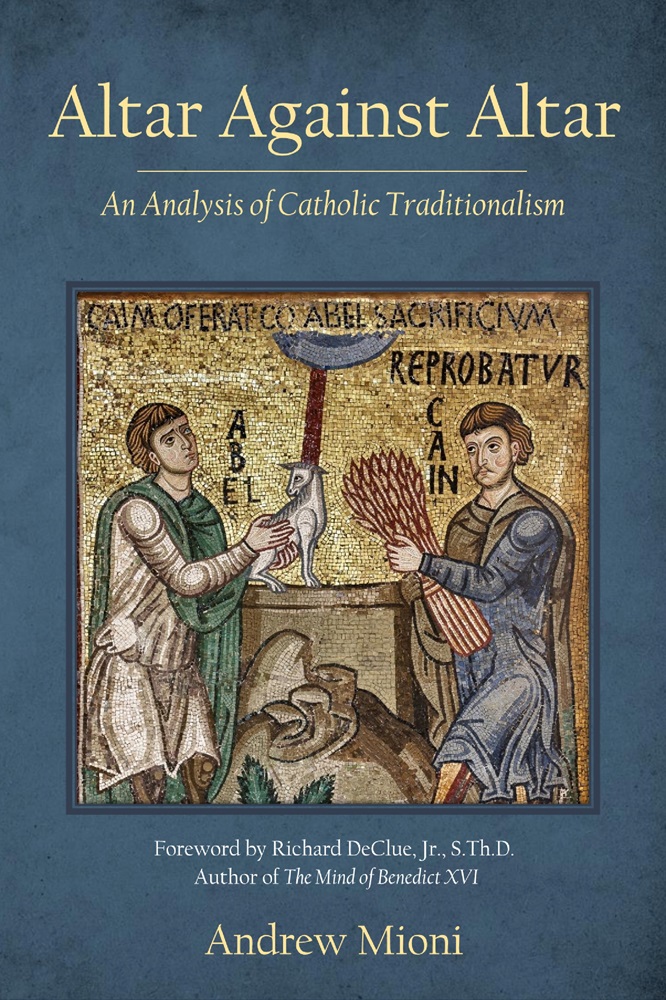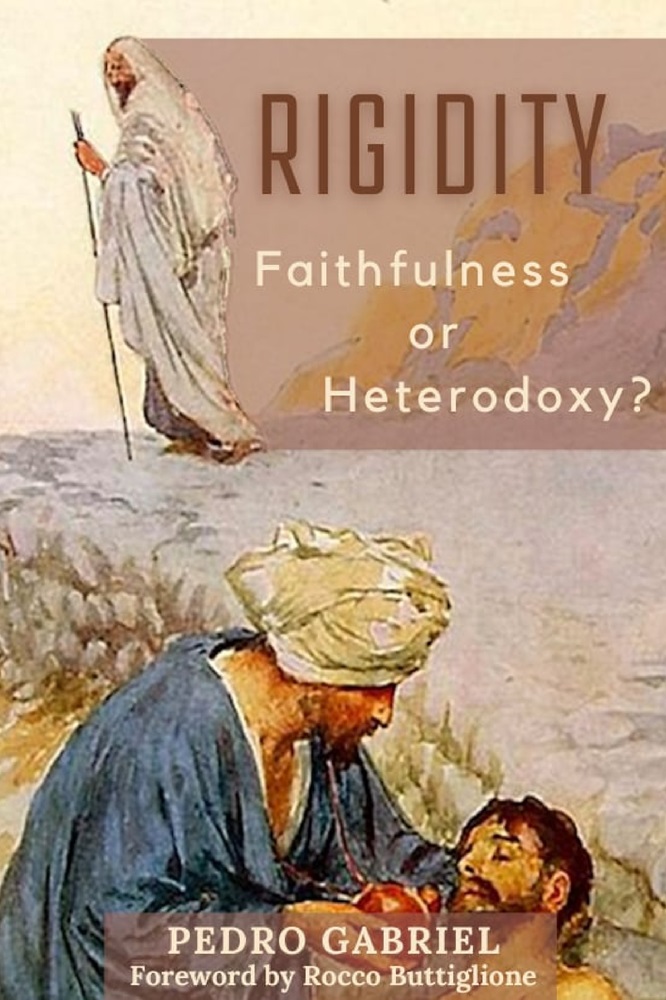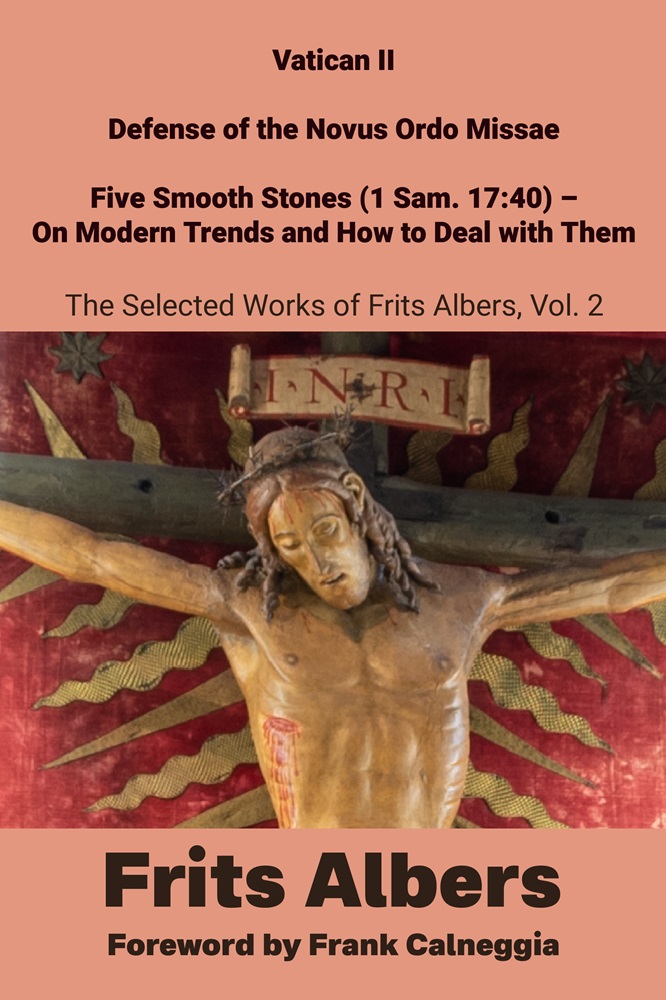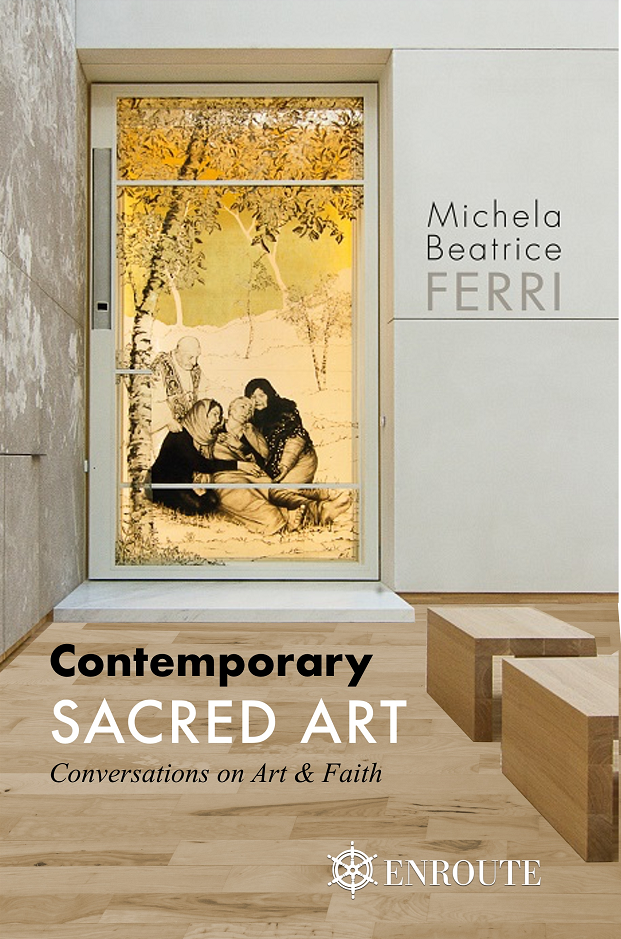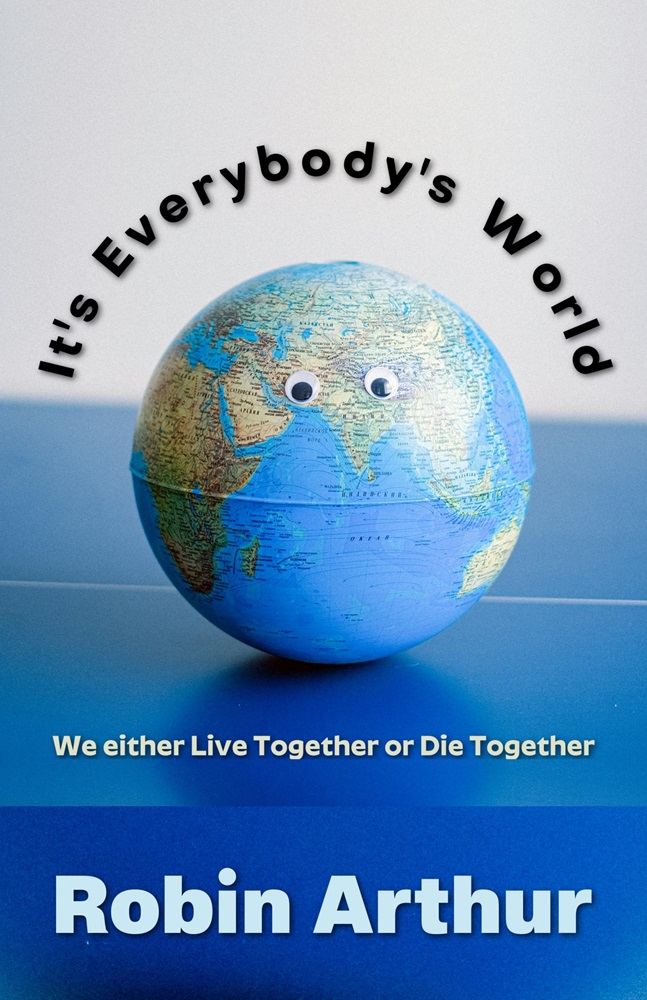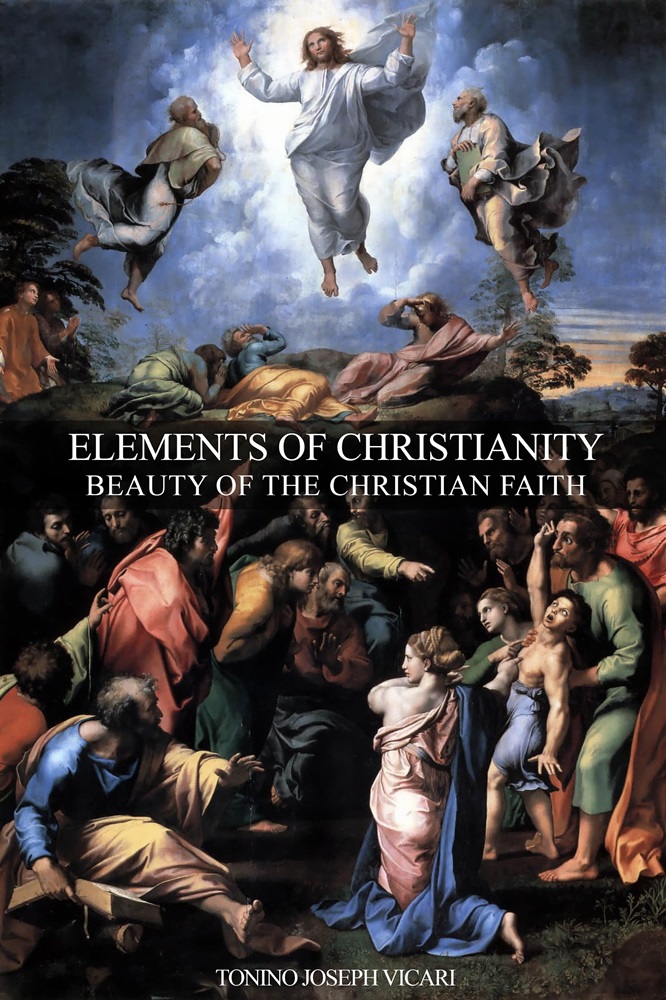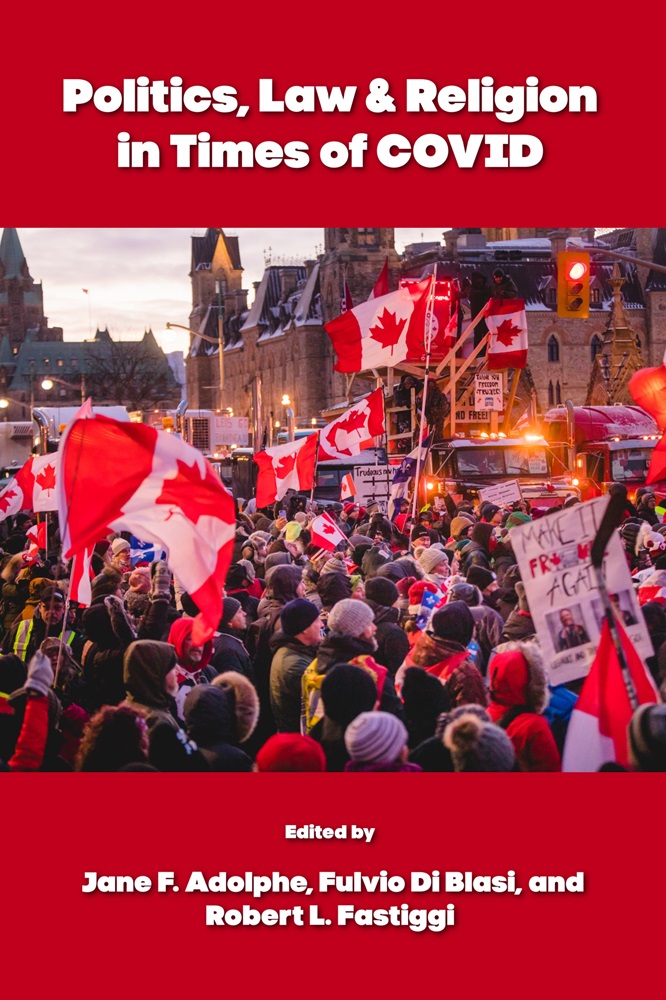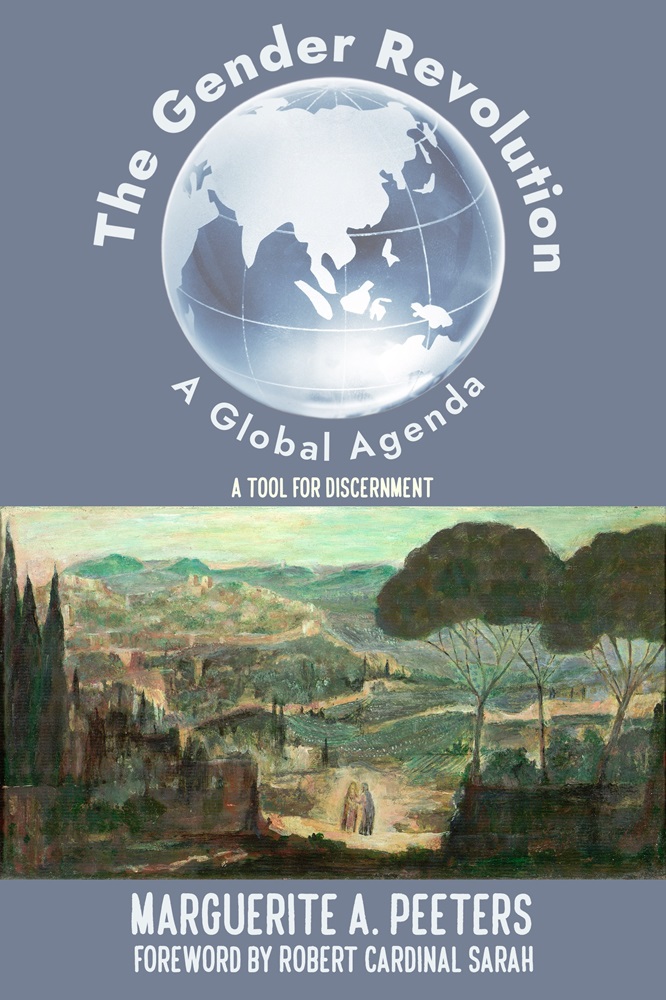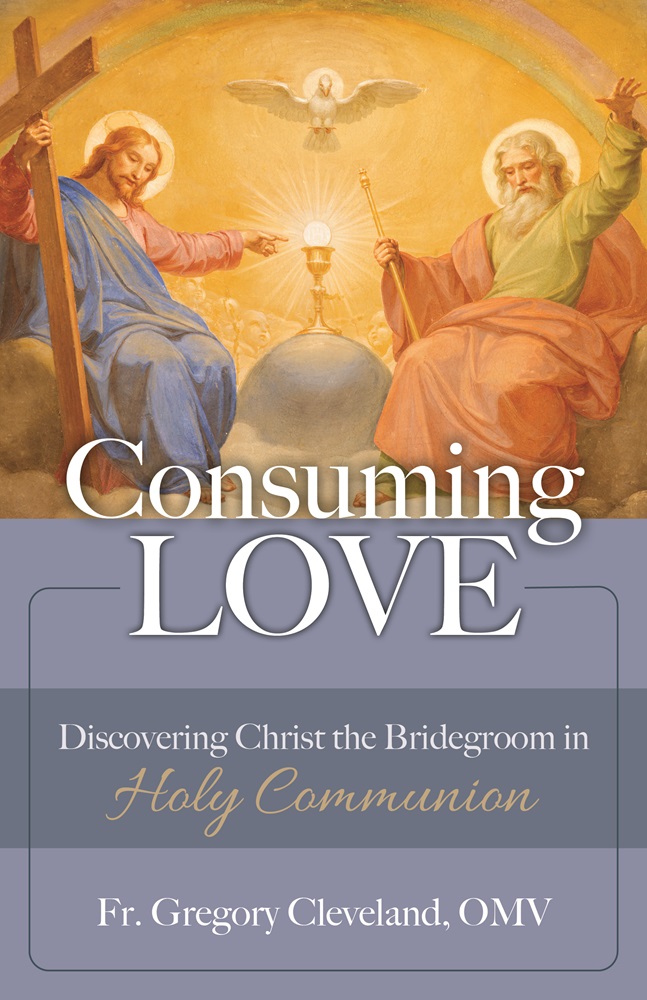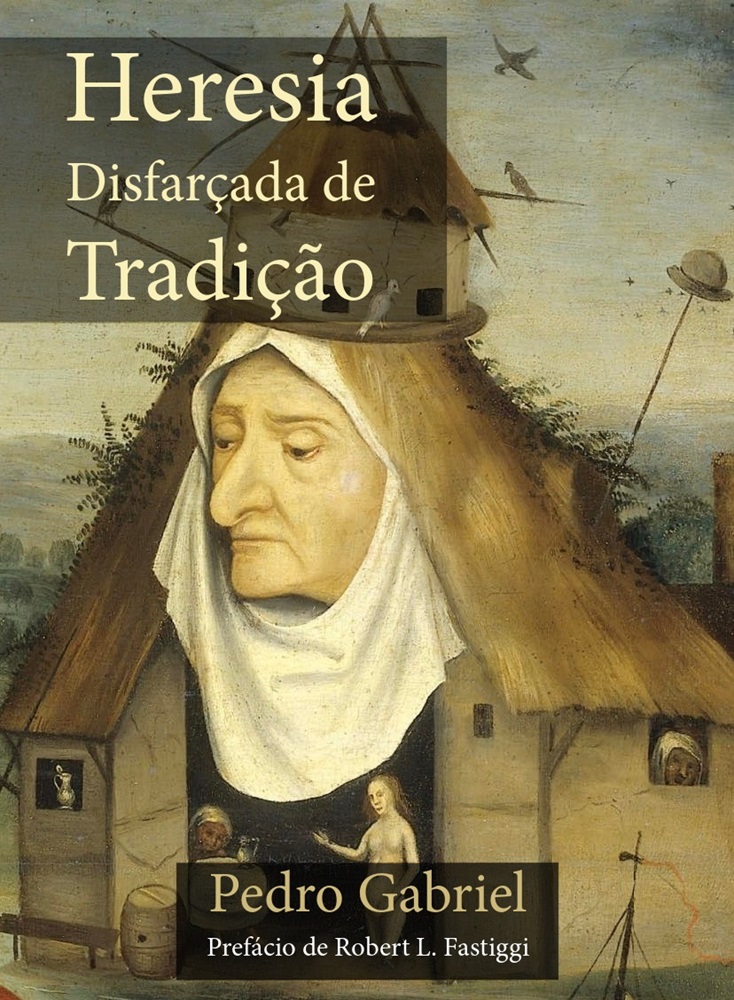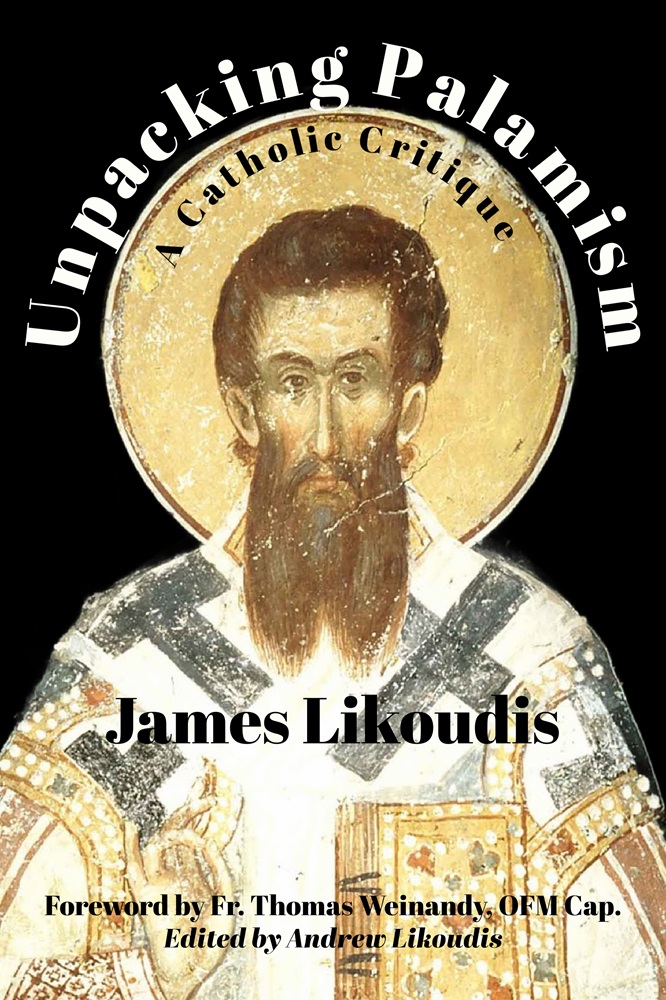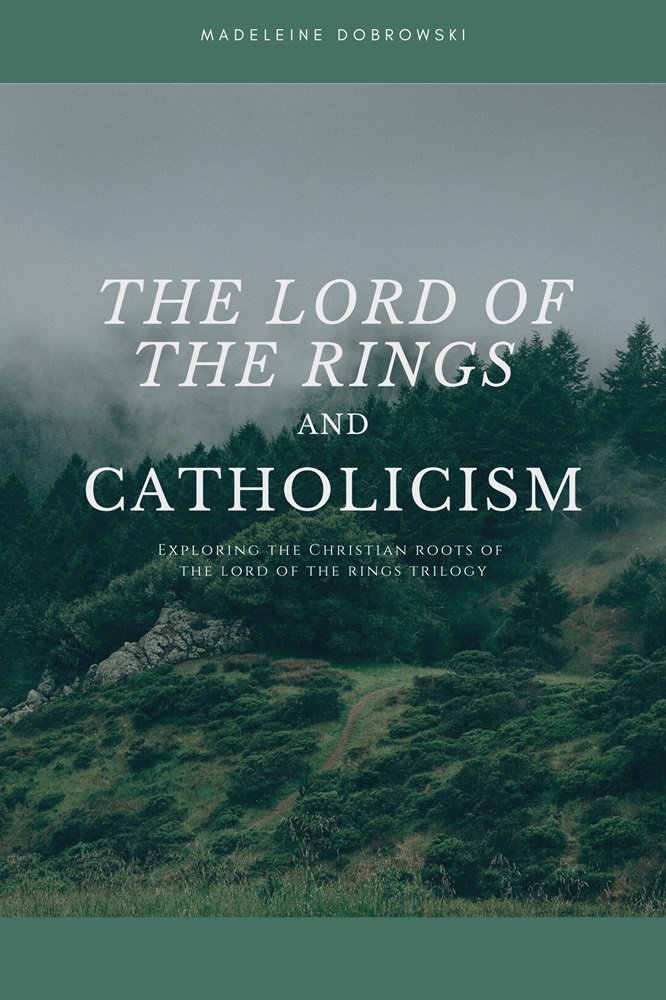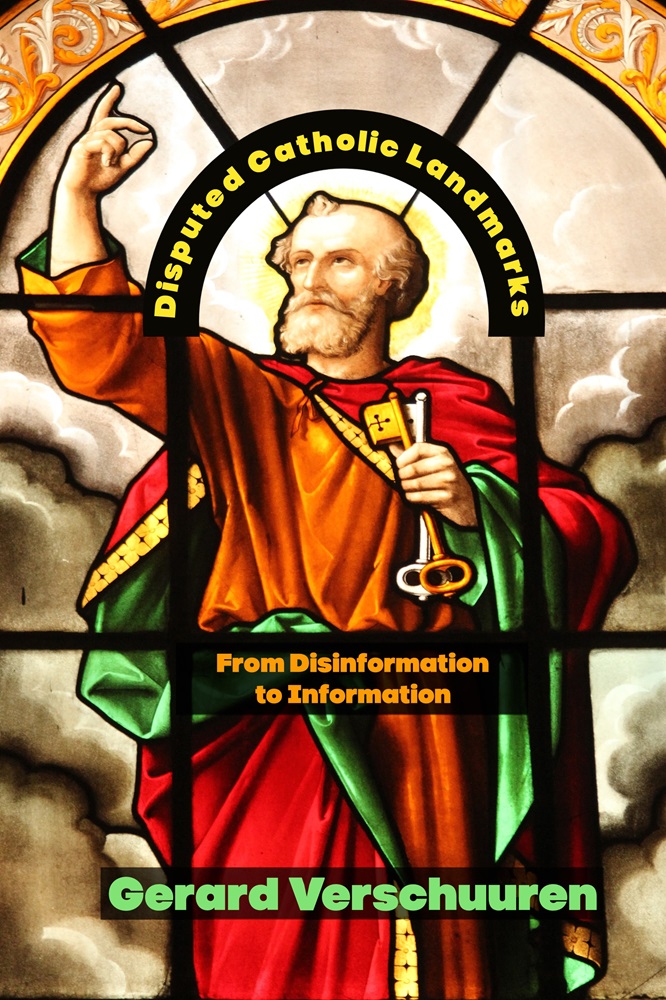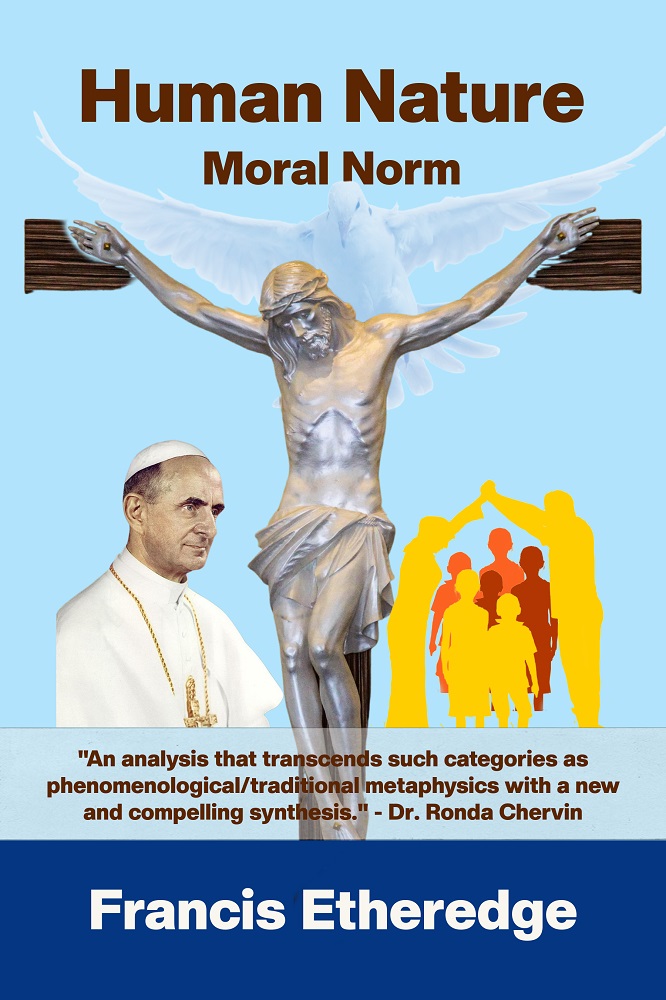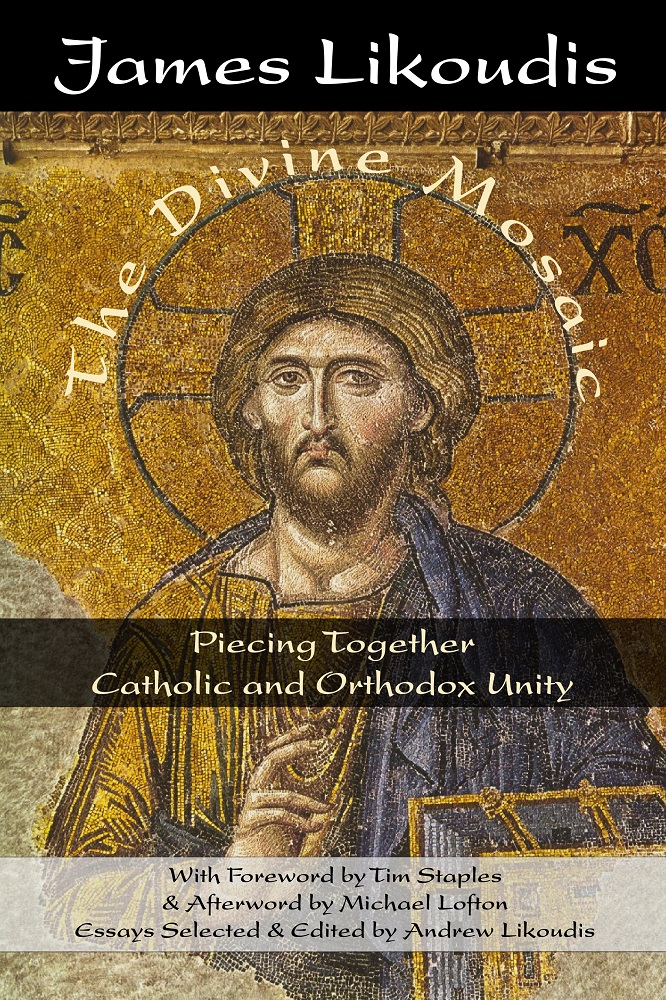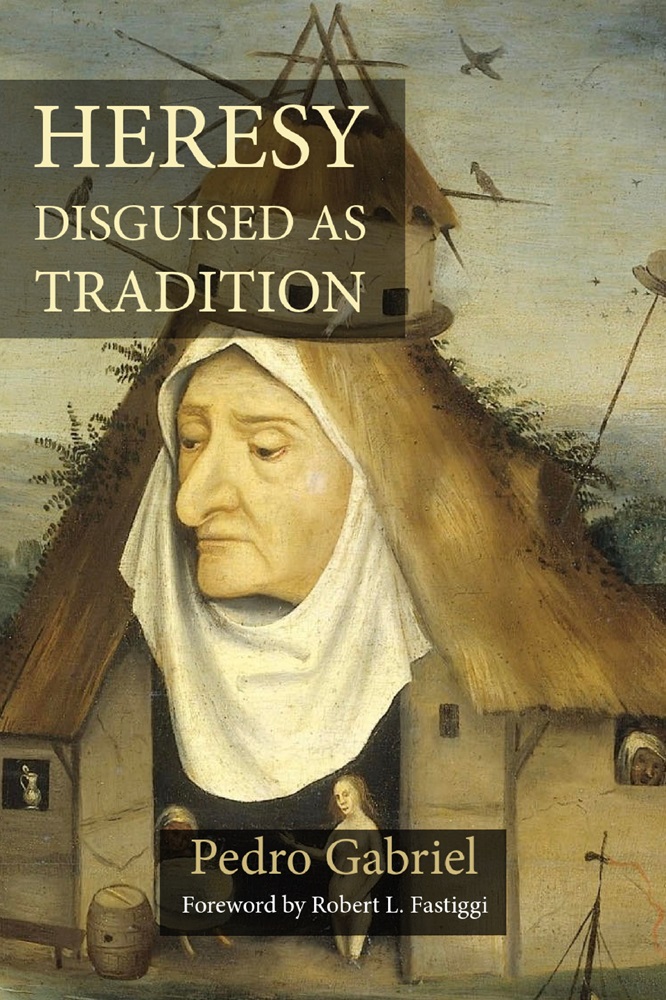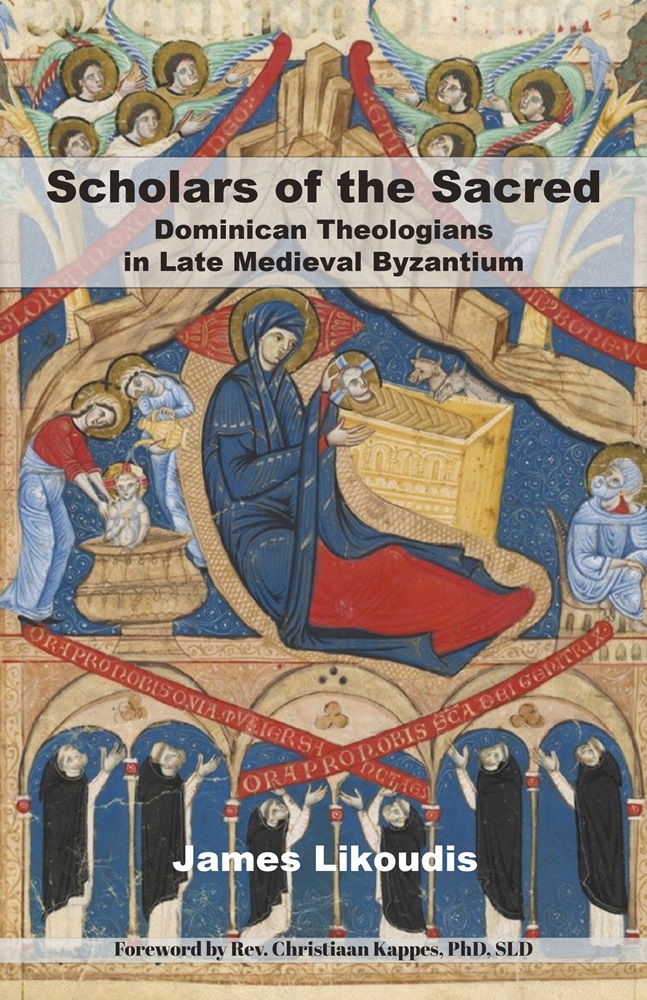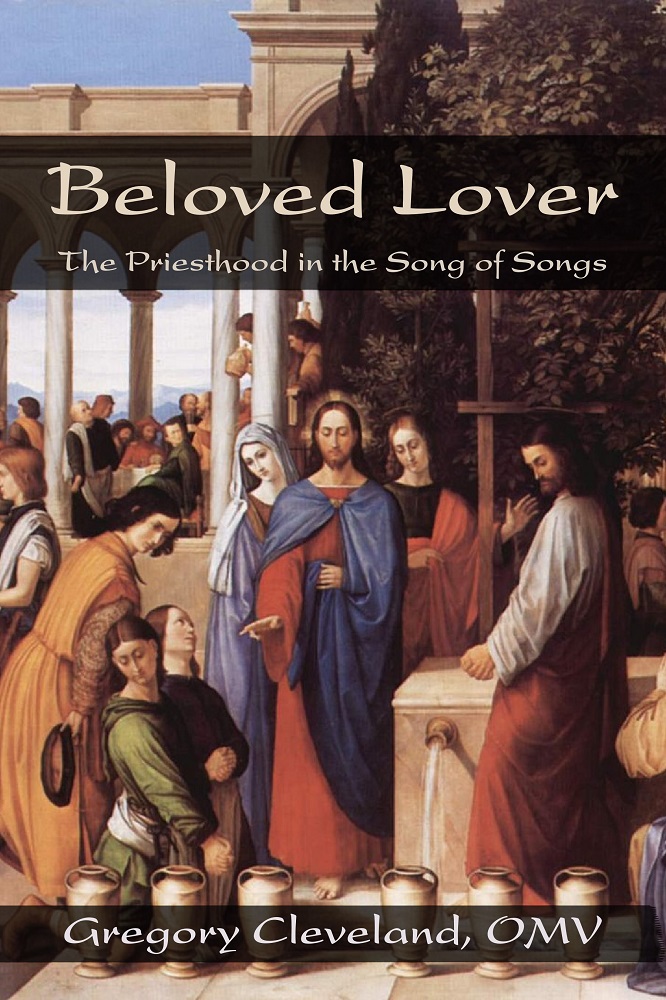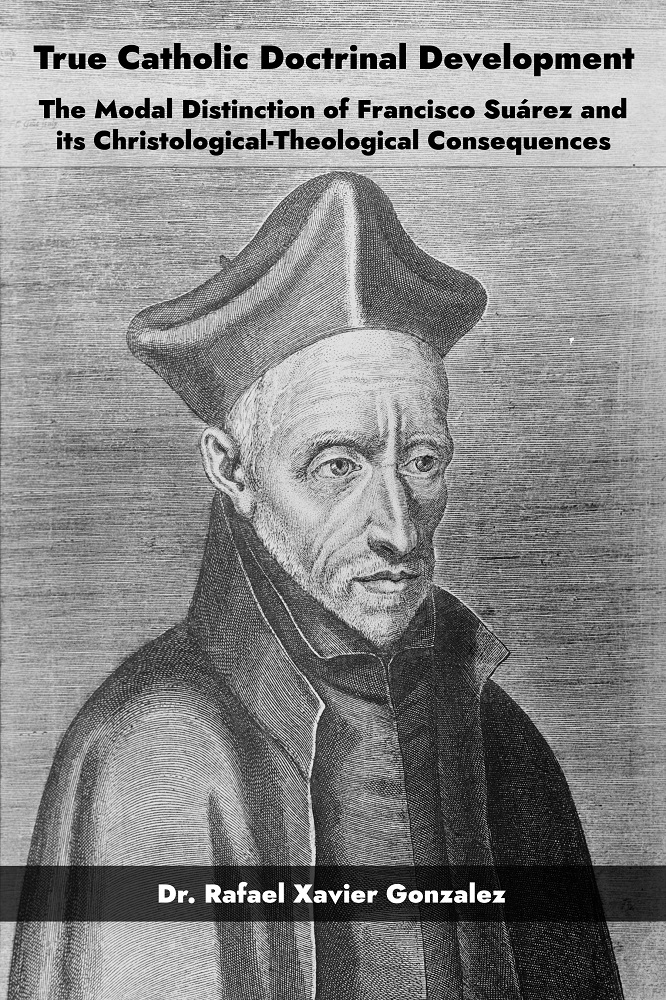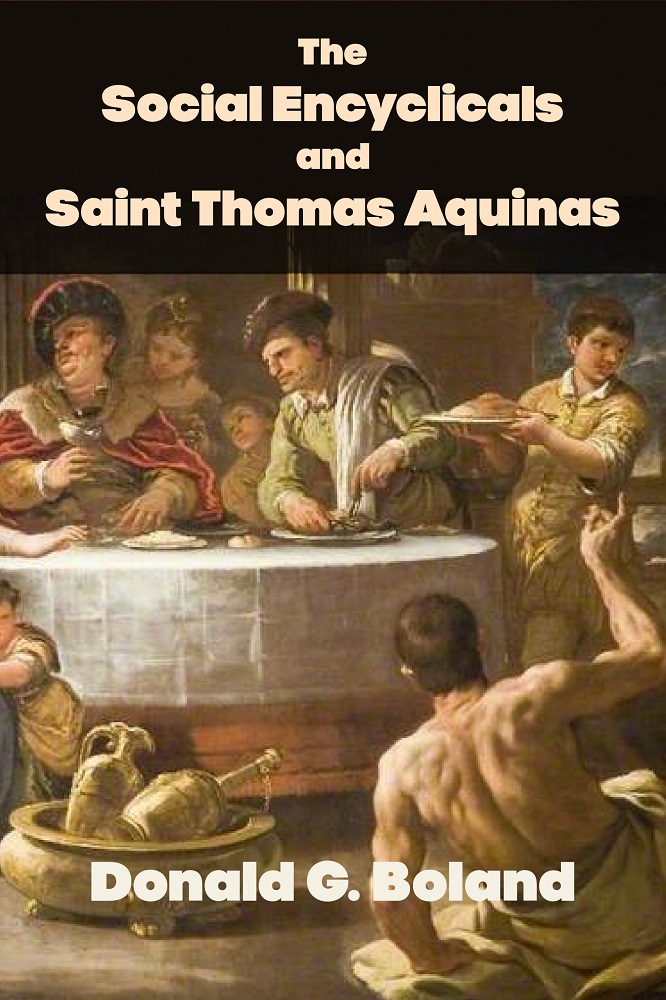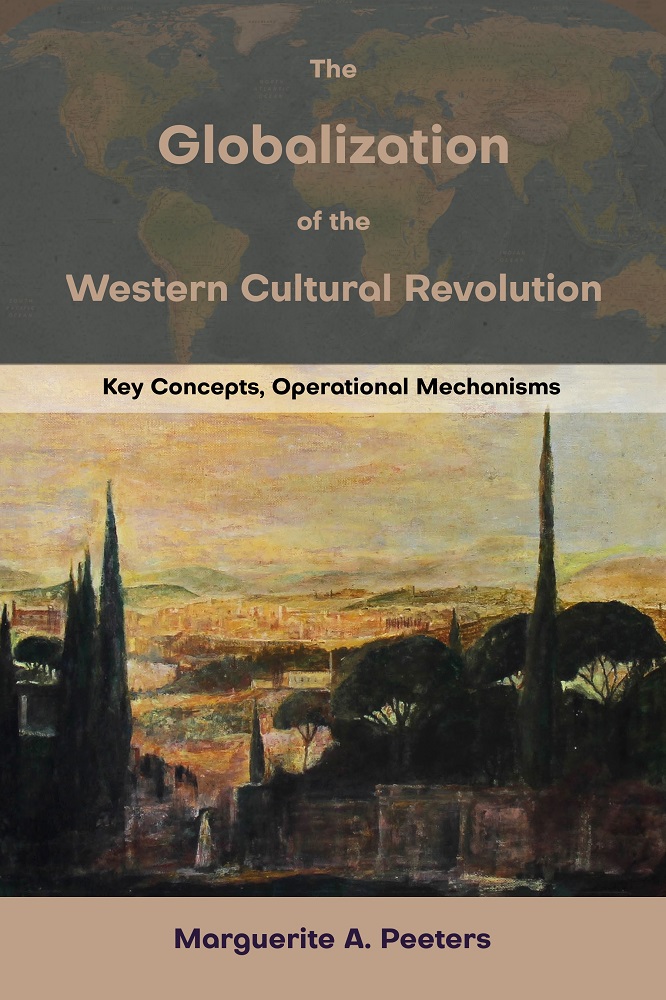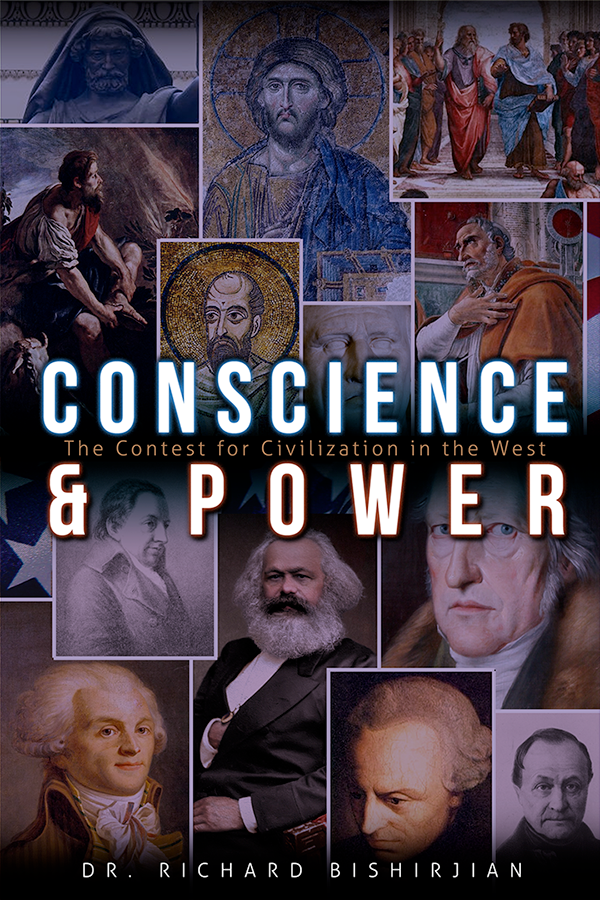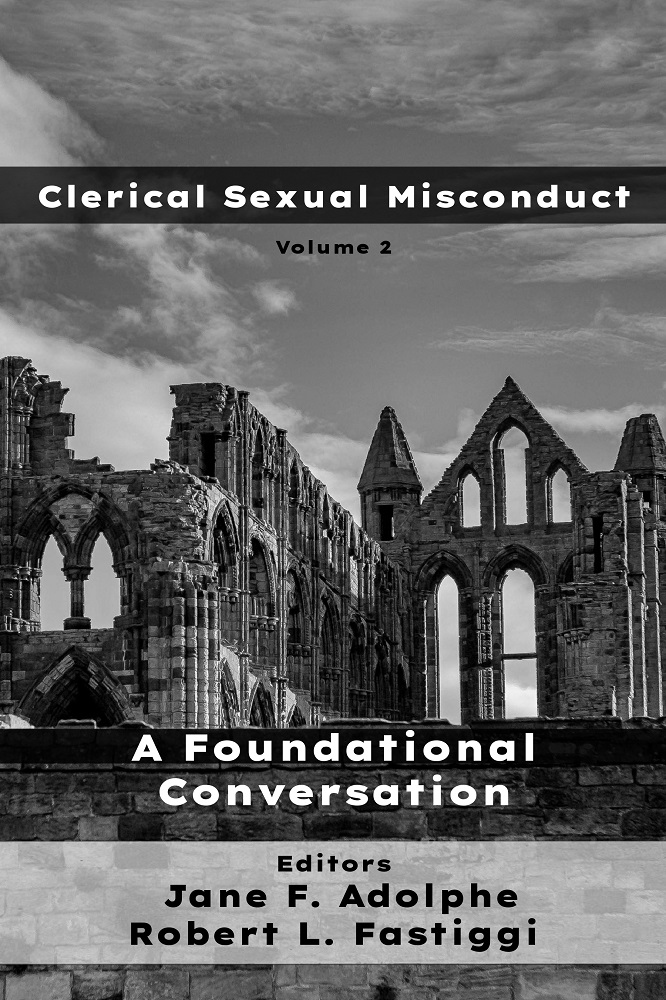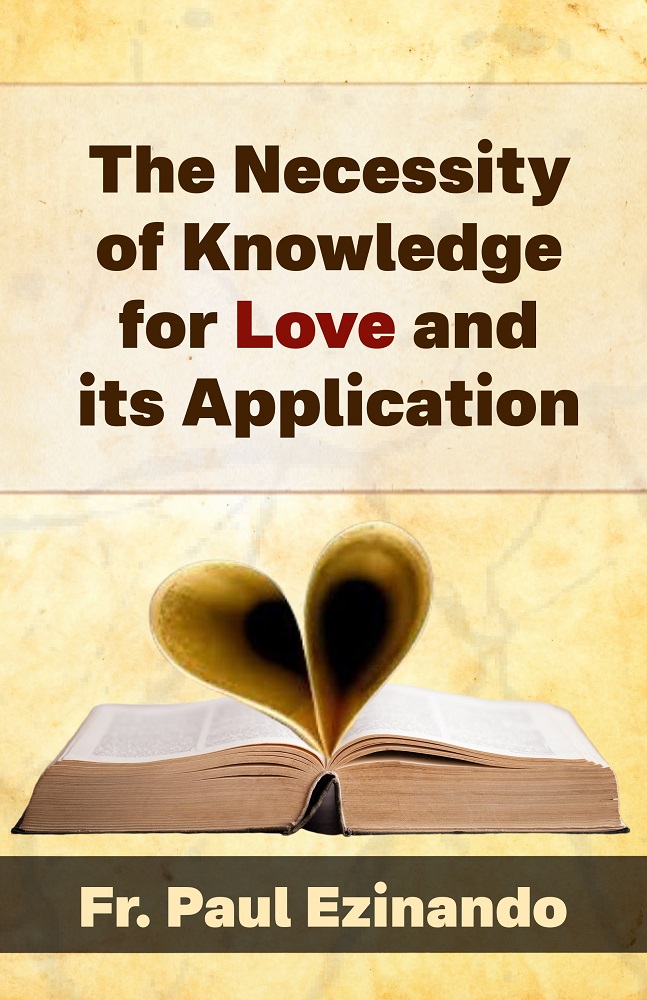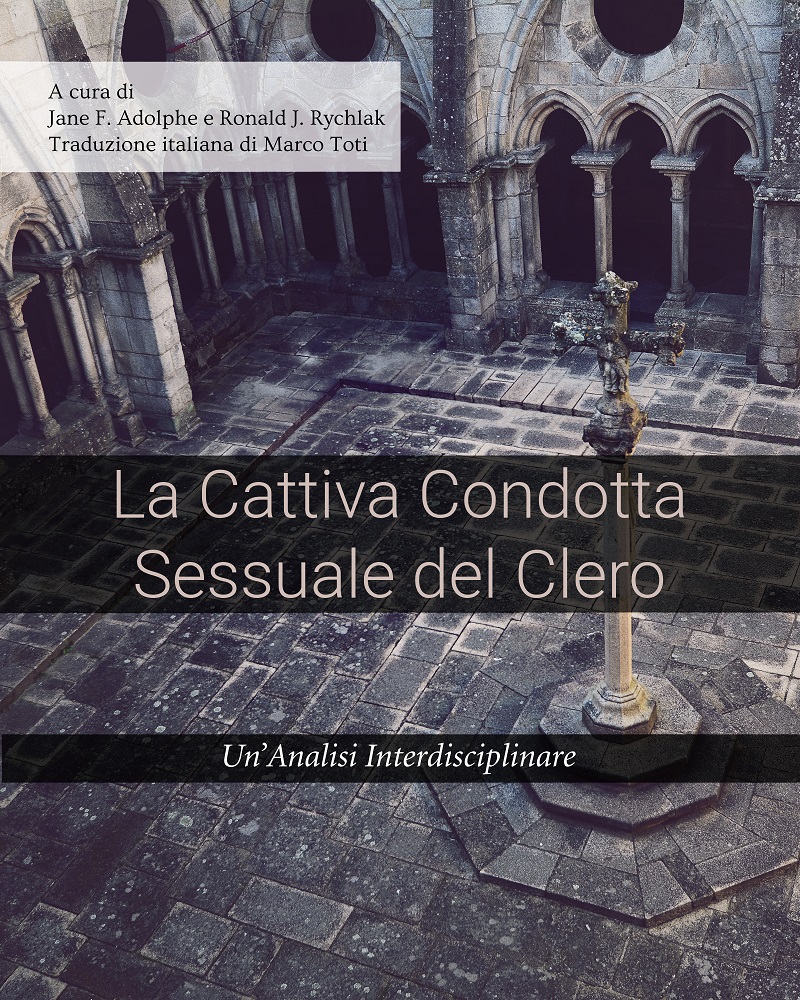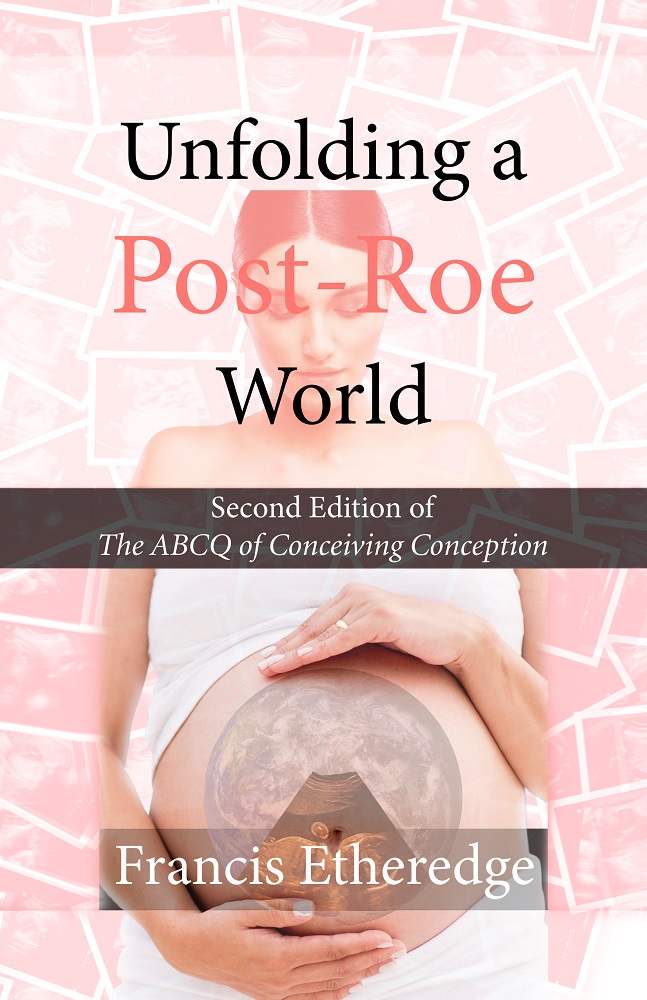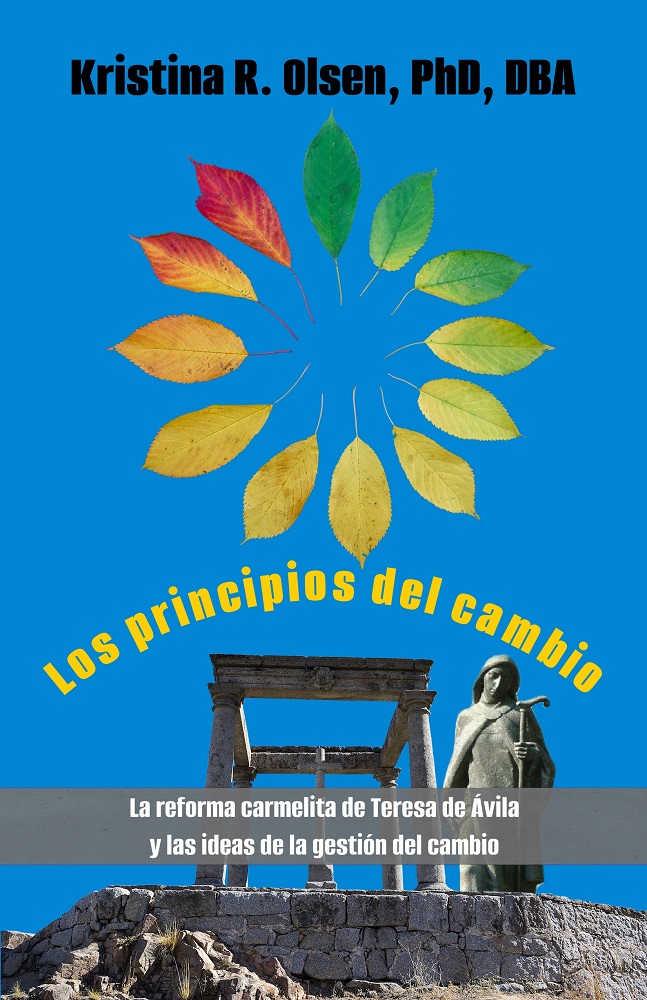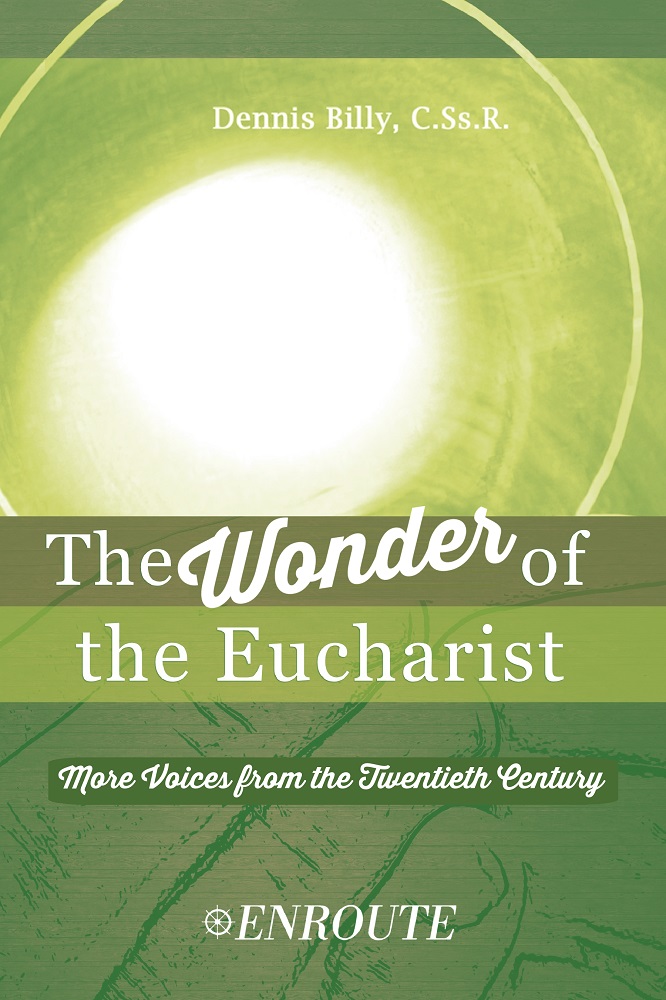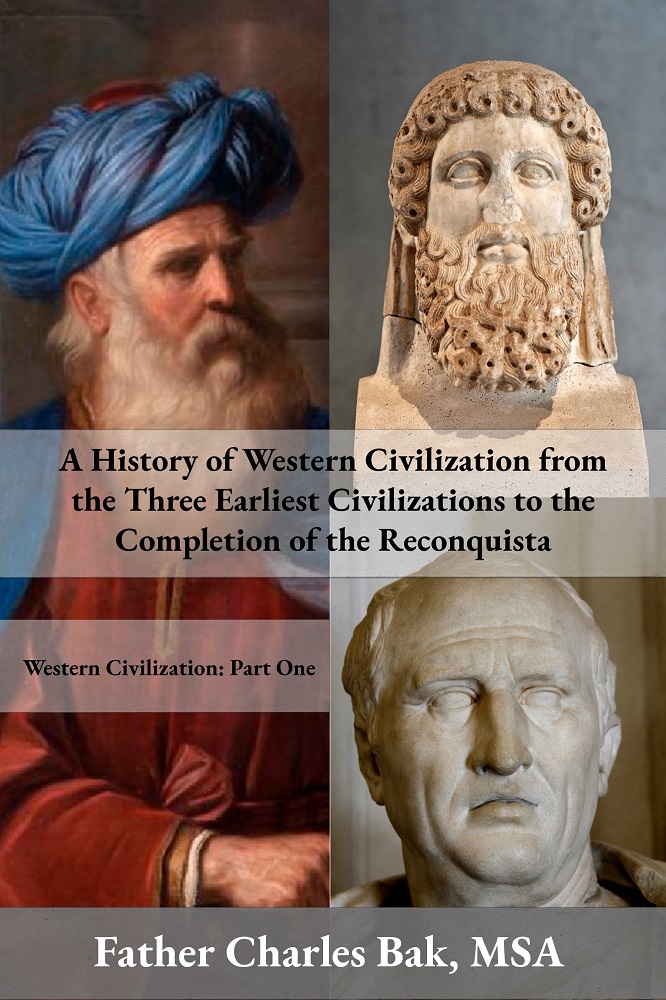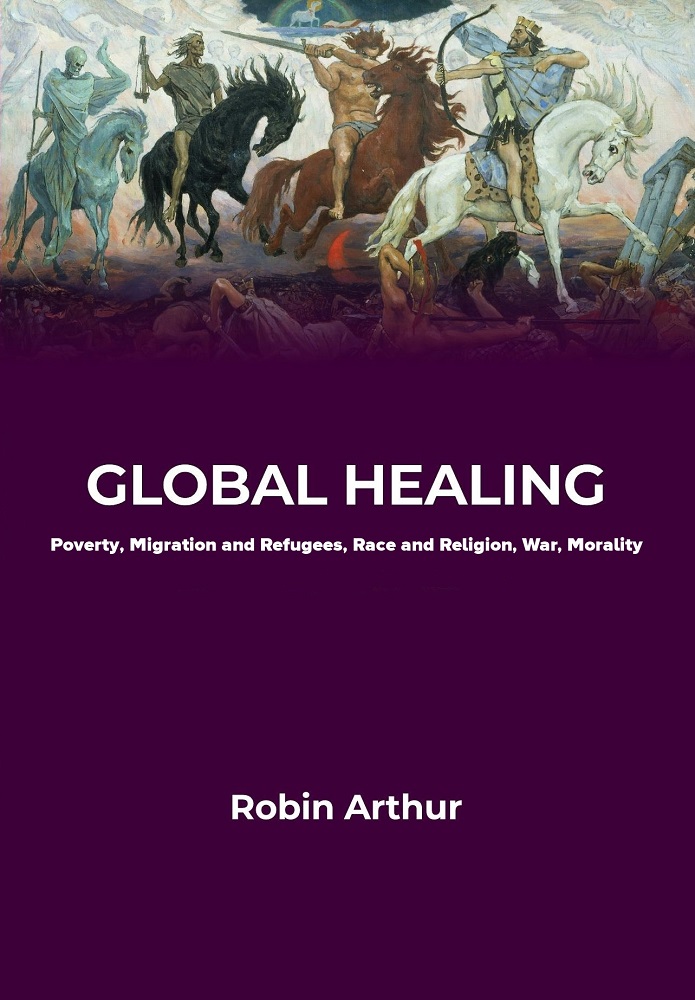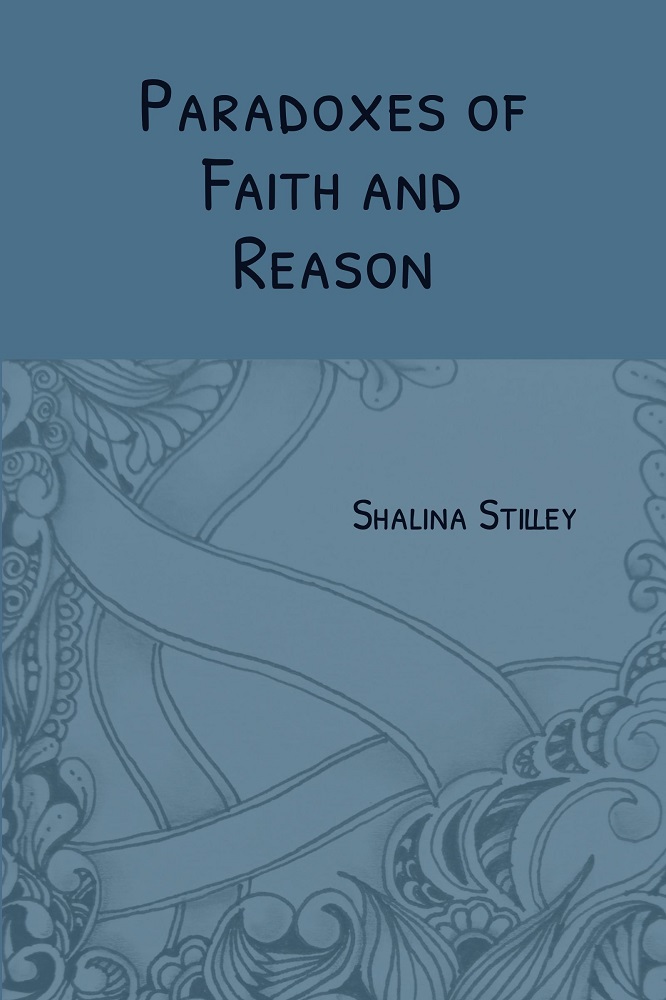
The Nostalgia for a New Christendom
by Mario Ramos-Reyes
Hardback: $29.95 | Paperback: $24.95| Kindle: $9.99
TESTIMONIALS
“This important work by Mario Ramos-Reyes traces the influence of Jacques Maritain’s mature social and political philosophy in Latin America in the mid-twentieth century. Maritain’s Catholic philosophical foundation for a democratic pluralist society appealed to a generation of Latin American political and social thinkers who sought to build a democratic order in Latin America based on the dignity of the human person and Catholic social teaching. Ramos-Reyes expresses a hope that after the tragic eclipse of this vision, which was attacked from both the right and the left, this kind of democracy inspired by a Thomistic Catholic philosophy may come once again to be politically fruitful in Latin America and around the world.” – Dr. Lawrence Feingold, Professor of Theology and Philosophy, Kenrick-Glennon Seminary
“While everybody will not agree with the politics of this book, Latin Americanists should find the argument universally fascinating and enlightening because of its implications for the embeddedness of philosophy and religion (and philosophers and priests) in Latin American politics.” – Elizabeth Kuznesof, Professor and Director of the Center for Latin American Studies, University of Kansas
“Amid historical vicissitudes, Mario Ramos Reyes has sought the essentials of Maritain’s spirit: a Constitutional Democracy and the rule of law based on a Christian ethos. These still provide answers to this unmade world between postmodernism and woke ideologies and to this Latin America that, bleeding between socialist Christian utopias and its military-conservative reactions, has not yet found its path to institutional stability.” – Gabriel J. Zanotti, Professor, of UCEMA, and academic director of the Friedman-Hayek Center, and the Acton Institute, Buenos Aires, Argentina
“Ramos-Reyes is a tragic optimist. The eclipse of Christian Democracy is indisputable. Even its resurgence can seem little more than a nostalgic dream. And yet, to draw from Scripture, he asks whether these ‘dead bones can rise again.’ He tells us that if they do, it will be at the summons of a new generation of Latin American thinkers and activists.” – James Hanink, Past President, American Maritain Association
“In The Nostalgia for a New Christendom, Mario Ramos-Reyes has written a thoughtful analysis of the thought of Jacques Maritain and its influence on Latin America. He both analyzes skillfully the insights and the failures of the Christian Democratic movement that Maritain inspired and offers an impressive defense of the relevance of Maritain’s philosophy of human dignity for the twenty-first century.” – Carl Strikwerda, former president Elizabethtown College and former dean College of William and Mary
“I recall reading William Cavanaugh’s book, Torture and Eucharist, and his call for a more radical, supernatural, Eucharistic approach to politics and his criticism of Maritain as a proponent of the Christian Democratic vision that Cavanaugh thought had marginalized and neutered the Church. Then, liberation theology took up so much of the debate. Against that was a traditional conservatism that called for a Catholic country that did not make much room for liberalism in the best sense. Then, of course, the strong secularization brings with it the legalization of abortion and the rejection of the family. Yes, where have you gone, Jacques Maritain? Well, at least there is an answer to this: the writing of Mario Ramos Reyes.” – Daniel Philpott, University of Notre Dame
ABOUT THE AUTHOR
- En Búsqueda de la República (2023) Intercontinental Editora
- Filosofía para tiempos misteriosos (2022) Intercontinental Editora
- La larga marcha hacia la libertad (2019) Biblioteca de Estudios Paraguayos, Vol. 114
Centro de Estudios Antropológicos de la Universidad Católica. - Los que se fueron (2014) Biblioteca de Estudios Paraguayos, Vol. 103 Centro de
Estudios Antropológicos de la Universidad Católica. - La república como tarea ética (2009) Biblioteca de Estudios Paraguayos, Vol. 77 Centro
de Estudios Antropológicos de la Universidad Católica. - Ética y Filosofía. Ensayos Dispersos (2005) Biblioteca de Estudios Paraguayos Vol. 64
Centro de Estudios Antropológicos de la Universidad Católica - Filosofía y pensamiento democrático (1998) Biblioteca de Estudios Paraguayos, Vol. 58
Centro de Estudios Antropológicos de la Universidad Católica
OTHER CATHOLIC ACADEMIC BOOKS
Faith in Crisis: Critical Dialogues in Catholic Traditionalism, Church Authority & Reform edited by Andrew Likoudis
Faith in Crisis: Critical Dialogues in Catholic Traditionalism, Church Authority & Reform edited by Andrew Likoudis Faith in Crisis equips Catholics to navigate today’s fiercest ecclesial debates. With a foreword by philosopher-statesman Rocco Buttiglione, the...
Suma Apologética por Joseph A. Freymann
Suma Apologética: Apologética católica y preguntas morales por Joseph A. Freymann Suma Apologética está dirigida a adultos y adolescentes maduros. Ha sido diseñada específicamente para un curso anual de Apologética Católica a nivel de los últimos años de secundaria o...
The Host of Gethsemane: Eucharistic Hospitality in the Gethsemane Narratives by Dr. Annabelle Moseley, Th.D.
The Host of Gethsemane: Eucharistic Hospitality in the Gethsemane Narratives by Dr. Annabelle Moseley, Th.D. Discovering the Garden of Gethsemane as an Invitation to Deeper Prayer, Obedience to the Will of God, and Deeper Love of the Eucharist The Host of...
Redeeming Sex: The Battle for the Body by Eduardo Echeverria
Redeeming Sex: The Battle for the Body by Eduardo J. Echeverria The project of redeeming sex involves the battle for the body, one that is fought on many fronts in this book: the need for a philosophical and theological anthropology on the nature of the human person,...
A Catechesis on Deification, Transfiguration & the Luminous Mysteries by Matthew A. Tsakanikas, STD
A Catechesis on Deification, Transfiguration & the Luminous Mysteries by Matthew A. Tsakanikas, STD This book is a catechetical exploration of Christian deification, deeply rooted in the theological insights of Saint Athanasius and other Church Fathers. The work...
On the Third Part of the Secret of Fatima
For ongoing updates to this discussion, please visit Kevin’s website at https://kevinsymonds.com/ Special thanks: In addition to those named within the book as translators, En Route Books and Media would like to give a special thanks to Dr. Michela Ferri, who proofed...
The Rest of the Gospel Story: A Dated Summary of the New Testament Gospels and The Poem of the Man-God in Synthesis by David J. Webster
The Rest of the Gospel Story: A Dated Summary of the New Testament Gospels and The Poem of the Man-God in Synthesis by David J. Webster The Church distinguishes between “private” revelations, meant for personal faith and discernment, and revelations of public...
The Dated Parallel Harmony of the Gospels by David J. Webster
The Dated Parallel Harmony of the Gospels by David J. Webster The Holy ScripturesOur Divine Family Legacy as the sons of God.The grand history of human redemption revealed in three great epics: The Greatest Story ever told, the miraculous origin, deliverance and...
John’s Gospel: Recovering Authorial Intent by Fr. Peter Grover, OMV
John's Gospel: Recovering Authorial Intent by Fr. Peter Grover, OMV In this book, Fr. Peter Grover, OMV, introduces an innovative intratextual methodology to interpret the Gospel of John as a cohesive literary work, focusing on the author’s intent. He argues that the...
Foundations of Our Catholic Faith and The Hedge of the Vine: Selected Works of Frits Albers, Volume 3, Ed. by Frank Calneggia
The Foundations of Our Catholic Faith and The Hedge of the Vine: The Selected Works of Frits Albers, Vol. 3 by Frits Albers, edited by Frank Calneggia Selected for publication in this third volume of the works of Frits Albers are the following: The Foundations of Our...
The Face of Jesus, the Martyr and the Reciprocity of Abiding Love by J. Marianne Siegmund
The Face of Jesus, the Martyr and the Reciprocity of Abiding Love: Anthropological Considerations in Spiritual Theology Based Upon the Pontifical Writings of Pope Saint John Paul the Great by J. Marianne Siegmund This book explores the theological and spiritual...
D. H. Lawrence, Traditionalist: The Development of the Theme of the Sacred and the Profane by John Michael Klink
D.H. Lawrence, Traditionalist: The Development of the Theme of the Sacred and the Profane by John Michael Klink In this book, John Michael Klink shows how Lawrence redirects the modern reader to an awareness of the ancient distinction between that which yields life...
Crucified Love: Littleness, Spousal Love, and Fiat as the Instruments Jesus used in Enduring the Cross and the Means of a Soul Uniting with Him in Crucified Love by Dr. Mary Kloska
Crucified Love: Littleness, Spousal Love, and Fiat as the Instruments Jesus used in Enduring the Cross and the Means of a Soul Uniting with Him in Crucified Love by Dr. Mary Elizabeth Anne Kloska, Fiat+ In Crucified Love: Littleness, Spousal Love, and Fiat as...
Gender Ideology and Pastoral Practice: A Handbook for Catholic Clergy, Counselors, and Ministerial Leaders by Theresa Farnan, Susan Selner-Wright, and Robert L. Fastiggi
Gender Ideology and Pastoral Practice: A Handbook for Catholic Clergy, Counselors, and Ministerial Leaders Editors -- Theresa Farnan, Susan Selner-Wright, and Robert L. Fastiggi This book has been designed to assist Catholics doing pastoral work and ministering to...
Lived Experience and the Search for Truth: Revisiting Catholic Sexual Morality
Lived Experience and the Search for Truth: Revisiting Catholic Sexual Morality Editors -- Deborah Savage and Robert L. Fastiggi This book is an initial attempt to arrive inductively at the truths embedded in the moral teaching of the Church through the lived...
Summa Apologetica: Catholic Apologetics and Moral Questions by Joseph Freymann
Summa Apologetica: Catholic Apologetics and Moral Questions by Joseph Freymann Summa Apologetica is for adults and mature teens. It is specifically designed for a year-long course in Catholic Apologetics at the late high-school or early-college level. The book...
Jesus Christ, Scandal of Particularity: Vatican II, a Catholic Theology of Religions, Justification, and Truth by Eduardo J. Echeverria
Jesus Christ, Scandal of Particularity: Vatican II, a Catholic Theology of Religions, Justification, and Truth by Eduardo J. Echeverria In this book, in view of the light of Jesus Christ, the Light of the world, and hence the scandal of particularity, the author...
Two Towers and a Minaret: Migration from a Catholic Perspective by Fr. Piotr Mazurkiewicz
Two Towers and a Minaret: Migration from a Catholic Perspective by Fr. Piotr Mazurkiewicz with a preface by John M. Klink and a foreword by Jane F. Adolphe Mass migration is a serious challenge in both America and Europe. Hence the question of the ethical limits of...
Rigidez: Fidelidade ou Heterodoxia? por Pedro Gabriel
Rigidez: Fidelidade ou Heterodoxia? por Pedro Gabriel "Porque é que o Papa Francisco está sempre a criticar os católicos fiéis?" é uma pergunta frequentemente repetida sempre que o Santo Padre faz uma das suas habituais invectivas contra a rigidez religiosa. De facto,...
Altar Against Altar: An Analysis of Catholic Traditionalism by Andrew Mioni
Altar Against Altar: An Analysis of Catholic Traditionalism By Andrew Mioni When does the crisis in the Church end? May priests universally minister without any canonical mission? Can one Eucharist be offered against another in legitimate Catholic worship? Using the...
Rigidity: Faithfulness or Heterodoxy by Pedro Gabriel
Rigidity: Faithfulness or Heterodoxy? by Pedro Gabriel “Why is Pope Francis always criticizing faithful Catholics?” is an oft-repeated question whenever the Holy Father makes one of his usual invectives against religious rigidity. Francis has indeed made such...
Vatican II, Defense of the Novus Ordo Missae, Five Smooth Stones (1 Sam. 17:40) – On Modern Trends and How to Deal with Them: The Selected Works of Frits Albers, Vol. 2 by Frits Albers
Vatican II, Defense of the Novus Ordo Missae, Five Smooth Stones (1 Sam. 17:40) – On Modern Trends and How to Deal with Them: The Selected Works of Frits Albers, Vol. 2 by Frits Albers, edited with a Foreword by Frank Calneggia Selected for publication in this second...
Contemporary Sacred Art: Conversations on Art & Faith
Contemporary Sacred Art: Conversations on Art & Faith by Dr. Michela Beatrice Ferri In translation now from the Italian. Buy it in the original language here: What is the so-called “Contemporary Sacred Art”? In her book, Michela Beatrice Ferri inquires about the...
It’s Everybody’s World: We either Live Together or Die Together by Robin Arthur
It's Everybody's World: We either Live Together or Die Together by Robin Arthur This book invites global communities to seek the peaceful advancement of humanity that globalisation can bring about and open the gates to a common future, casting away the other troubles...
Elements of Christianity: The Beauty of the Christian Faith
Elements of Christianity: The Beauty of the Christian Faith by Tonino Vicari This book attempts to make accessible to the average reader the basic elements of Church teaching concerning morality, natural law, and supernatural truths that have been passed down through...
Politics, Law & Religion in Times of COVID, ed. by Jane F. Adolphe, Fulvio Di Blasi, Robert L. Fastiggi
Politics, Law & Religion in Times of COVID Editors, Jane F. Adolphe, Fulvio Di Blasi, and Robert L. Fastiggi After two years of anti-COVID-19 policies, an international group of Catholic scholars and lawyers gathered in Rome under the auspices of the International...
The Gender Revolution: A Global Agenda by Marguerite A. Peeters
The Gender Revolution: A Global Agenda (A Tool for Discernment) by Marguerite A. Peeters, Ph.D., with a Foreword by Robert Cardinal Sarah Wherever one lives in the world and whatever one’s age and occupation, it has today become difficult to escape the influence of...
Consuming Love by Fr. Gregory Cleveland, OMV
Consuming Love: Discovering Christ the Bridegroom in Holy Communion by Fr. Gregory Cleveland, OMV The Eucharist is the “sacrament of love.” Jesus Christ is the true Bridegroom of our hearts, and it is he whom we receive in holy Communion. Even if you have received our...
Heresia Disfarçada de Tradição por Pedro Gabriel
Heresia Disfarçada de Tradição por Pedro Gabriel Uma afirmação muito difundida nos círculos católicos atuais é que se pode ignorar os ensinamentos do Papa Francisco ou do Concílio Vaticano II se eles ensinarem algo que parece ir contra a tradição. Será que isso é...
Unpacking Palamism: A Catholic Critique
Unpacking Palamism: A Catholic Critique by James Likoudis with essays selected and edited by Andrew Likoudis Unpacking Palamism: A Catholic Critique, penned by esteemed scholar Dr. James Likoudis, meticulously scrutinizes the doctrines of Palamism, a theological...
The Lord of the Rings and Catholicism
The Lord of the Rings and Catholicism: Exploring the Christian Roots of The Lord of the Rings Trilogy by Madeleine Dobrowski This book explores the Catholic themes that can be found in The Lord of the Rings trilogy. It is written for all lovers of Tolkien, Catholic or...
Disputed Catholic Landmarks: From Disinformation to Information
Disputed Catholic Landmarks: From Disinformation to Information by Gerard Verschuuren Everyone's life has landmarks: when you were born, when you graduated from school, when you got your first job, when you got married, and so many more. There must be many landmarks...
Human Nature: Moral Norm
Human Nature: Moral Norm by Francis Etheredge There is a 'difference, both anthropological and moral, between contraception and recourse to the rhythm of the cycle: it is a difference which is much wider and deeper than is usually thought, one which involves in the...
The Divine Mosaic: Piecing Together Catholic and Orthodox Unity
The Divine Mosaic: Piecing Together Catholic and Orthodox Unity by James Likoudis, Edited by Andrew Likoudis This book collects essays, speeches, and presentations given over the course of James Likoudis' seven decades as a Catholic. As a convert from Eastern...
Heresy Disguised as Tradition
Heresy Disguised as Tradition by Pedro Gabriel A widespread assertion in Catholic circles today is that one can disregard the teachings of Pope Francis or the Second Vatican Council if they teach something that seems to go against tradition. Is this the case? In this...
Scholars of the Sacred: Dominican Theologians in Late Medieval Byzantium
Scholars of the Sacred: Dominican Theologians in Late Medieval Byzantium by James Likoudis, Edited by Andrew Likoudis This in-depth study of the Catholic–Orthodox reunion efforts during the tumultuous 11th–15th centuries reveals the vital role played by the Dominican...
Beloved Lover: The Priesthood in the Song of Songs by Fr. Gregory Cleveland, OMV
Beloved Lover: The Priesthood in the Song of Songs by Fr. Gregory Cleveland, OMV In the context of the mystical love poetry of the Song of Songs, Beloved Lover explores how the priest is the living image of Jesus Christ, the Spouse of the Church. The priest is called...
True Catholic Doctrinal Development: The Modal Distinction of Francisco Suárez and its Christological-Theological Consequences
True Catholic Doctrinal Development: The Modal Distinction of Francisco Suárez and its Christological-Theological Consequences by Dr. Rafael Xavier Gonzalez In this book, Dr. Rafael Gonzalez discusses Suárez' modal distinction, which seems to satisfy both medieval...
The Social Encyclicals and Saint Thomas Aquinas
The Social Encyclicals and Saint Thomas Aquinas by Dr. Donald G. Boland The social encyclicals of the Catholic Church provide an opportunity to treat human behavior from a practical moral philosophical point of view grounded in Aristotle as interpreted by Saint Thomas...
The Globalization of the Western Cultural Revolution: Key Concepts, Operational Mechanisms by Marguerite A. Peeters
The Globalization of the Western Cultural Revolution: Key Concepts, Operational Mechanisms by Marguerite A. Peeters, Ph.D. A new ethic, secularist in its radical aspects, has spread like wildfire all over the world since the end of the cold war. This ethic is the...
Conscience and Power: The Contest for Civilization in the West
Conscience and Power: The Contest for Civilization in the West by Dr. Richard Bishirjian Conscience and Power examines how civilization in "the West" arose after the fall of the Roman Empire and has grappled ever after with a desire of citizens of nations of Western...
Clerical Sexual Misconduct, Vol. 2: A Foundational Conversation
Clerical Sexual Misconduct, Vol 2: A Foundational Conversation Editors -- Jane F. Adolphe and Robert L. Fastiggi The abuse, harassment, or devaluation of women, in any form by Catholic priests and bishops, raises concerns about: whether clerics have a healthy...
The Necessity of Knowledge for Love and its Application
The Necessity of Knowledge for Love and Its Application by Fr. Paul Ezinando In this work, Fr. Paul Ezinando not only demonstrates that knowledge is a necessity for love, but he also shows that proper knowledge promotes love. Following the argument of St. Augustine,...
La Cattiva Condotta Sessuale del Clero: Un’Analisi Interdisciplinare
La Cattiva Condotta Sessuale del Clero: Un'Analisi Interdisciplinare A cura di Jane F. Adolphe e Ronald J. RychlakTraduzione italiana di Marco Toti La Cattiva Condotta Sessuale del Clero, Un’Analisi Interdisciplinare è un libro importante curato da Jane F. Adolphe e...
Unfolding a Post-Roe World
Unfolding a Post-Roe World by Francis Etheredge Unfolding a Post-Roe World is the second edition of what had formerly been entitled The ABCQ of Conceiving Conception. It explores what is involved in grasping the beginning of each of us – but we need the truth to open...
Los principios del cambio
Los principios del cambio: La reforma carmelita de Teresa de Ávila y las ideas de la gestión del cambio Kristina R. Olsen Este libro se basa en los principios de gestión del cambio organizacional para examinar la reforma de la Orden Carmelita de Teresa de Ávila en el...
The Wonder of the Eucharist
The Wonder of the Eucharist: More Voices from the Twentieth Century by Dennis Billy, C.Ss.R. This book examines some of the major literary voices from the past century who deepened our understanding of the Eucharist by embedding it in their short stories, novels,...
A History of Western Civilization from the Three Earliest Civilizations to the Completion of the Reconquista by Fr. Charles Bak, MSA
A History of Western Civilization from the Three Earliest Civilizations to the Completion of the Reconquista: Western Civilization, Part 1 by Fr. Charles Bak, MSA This book tells a good story, actually the best story--the real story! So much of history involves...
Global Healing: Poverty, Migration and Refugees, Race and Religion, War, Morality by Robin Arthur
Global Healing: Poverty, Migration and Refugees, Race and Religion, War, Morality by Robin Arthur This book seeks to examine five challenges that our changing world will increasingly confront in the aftermath of Covid-19, namely poverty, migration and refugees, race...
Paradoxes of Faith and Reason
Paradoxes of Faith and Reason by Dr. Shalina Stilley Paradox it is at the very heart of the Gospel message. The Trinity, the Incarnation, the Cross and Resurrection, and the problem of evil are but a few examples of paradoxes of faith and reason. How can God be three...
